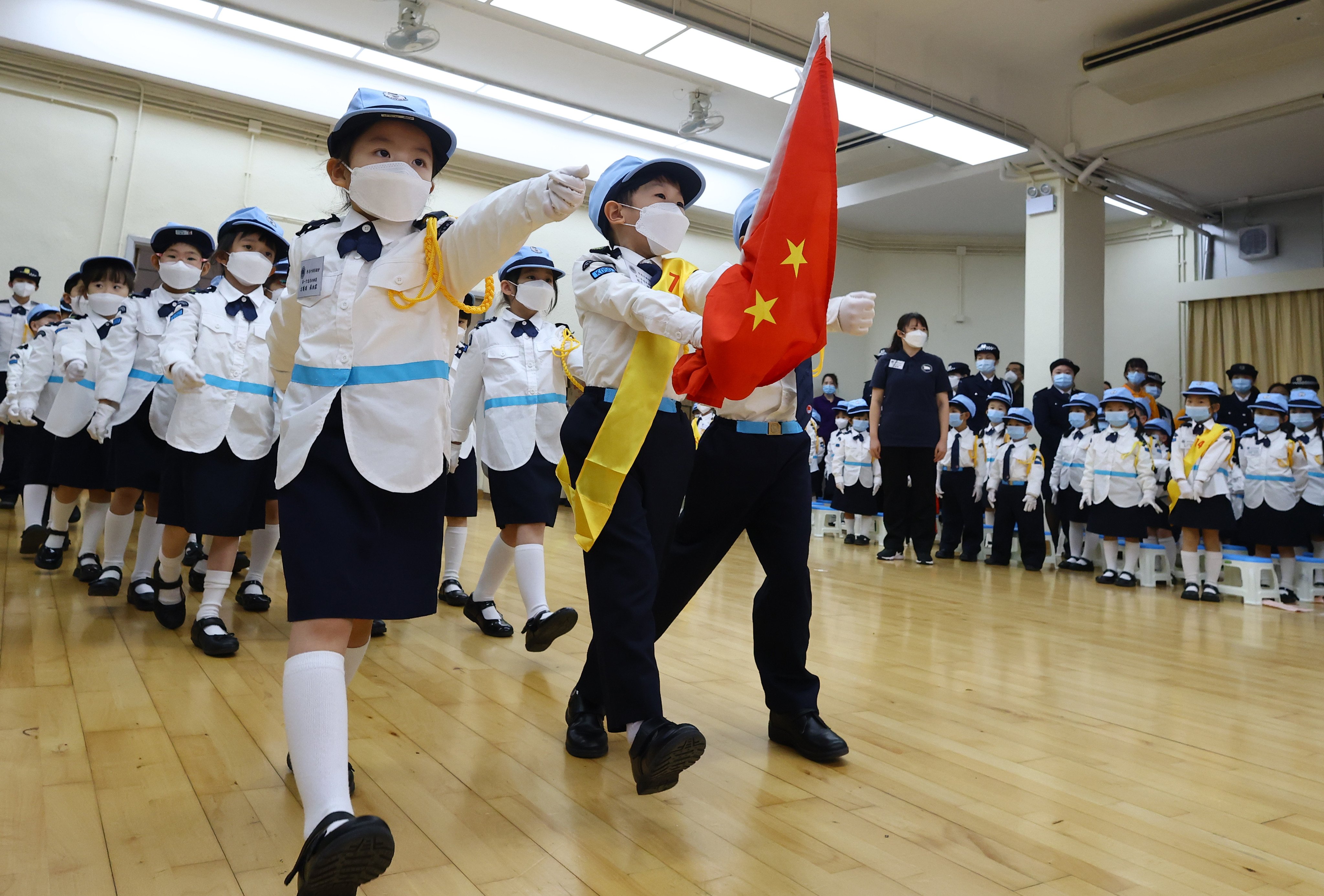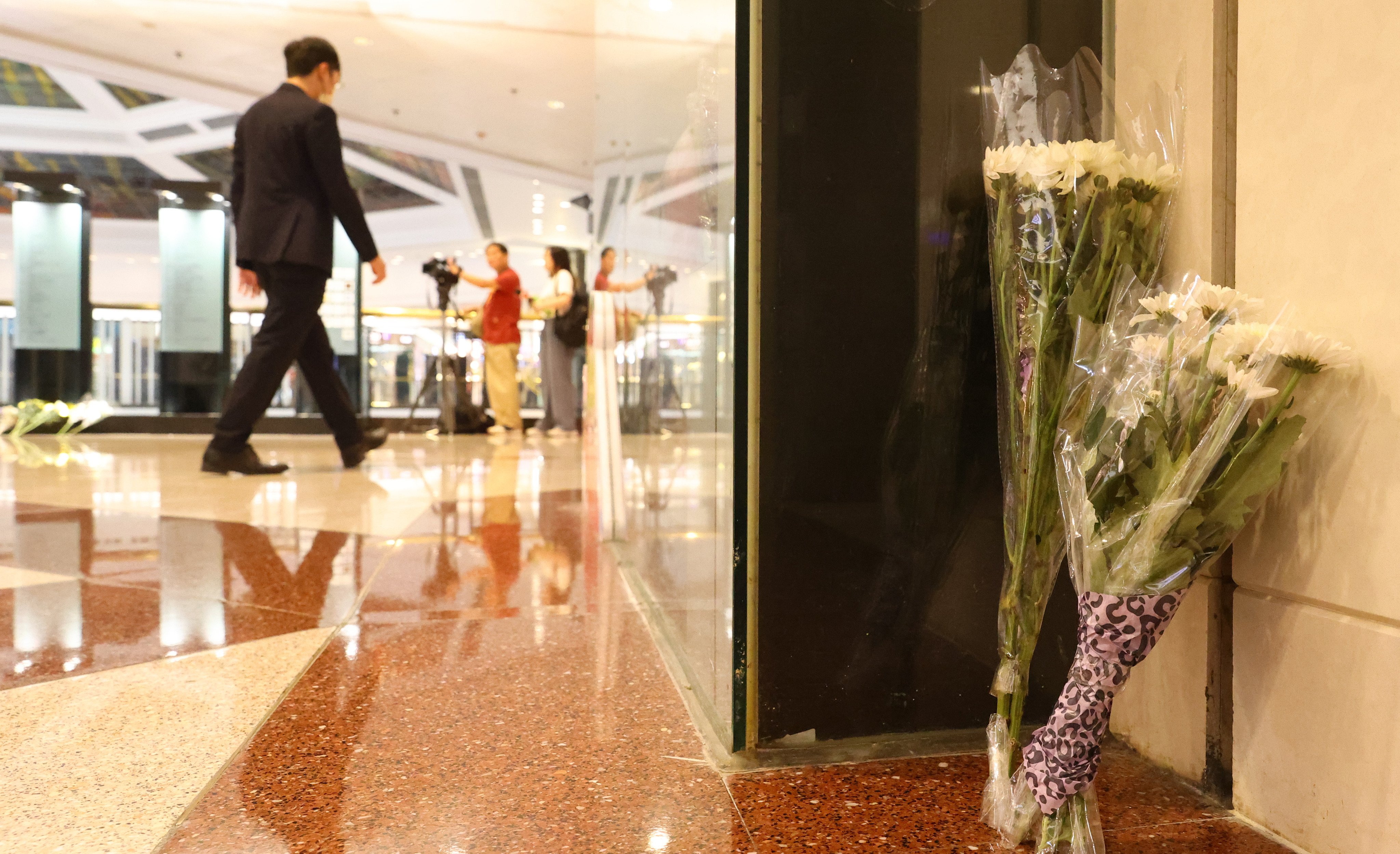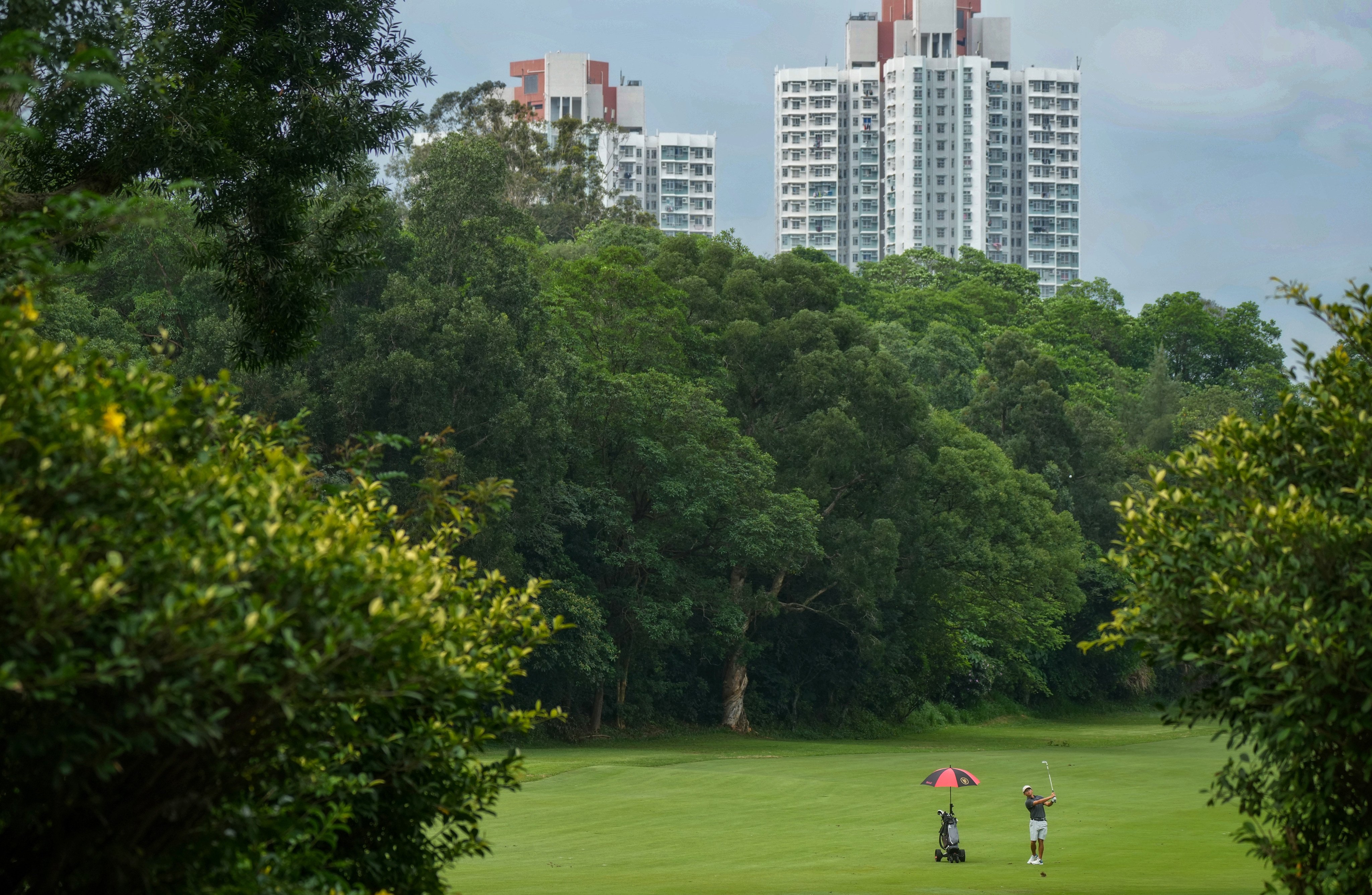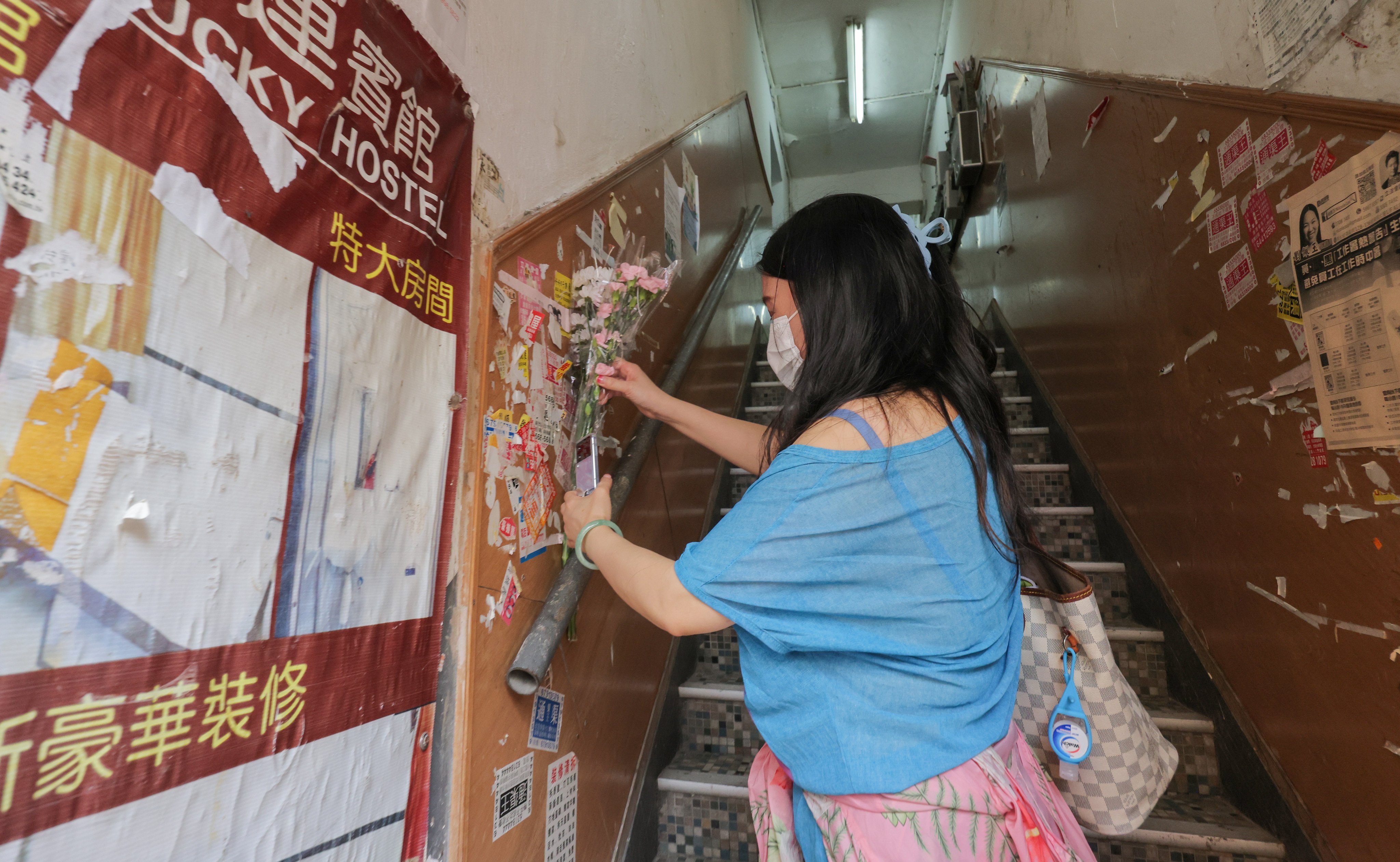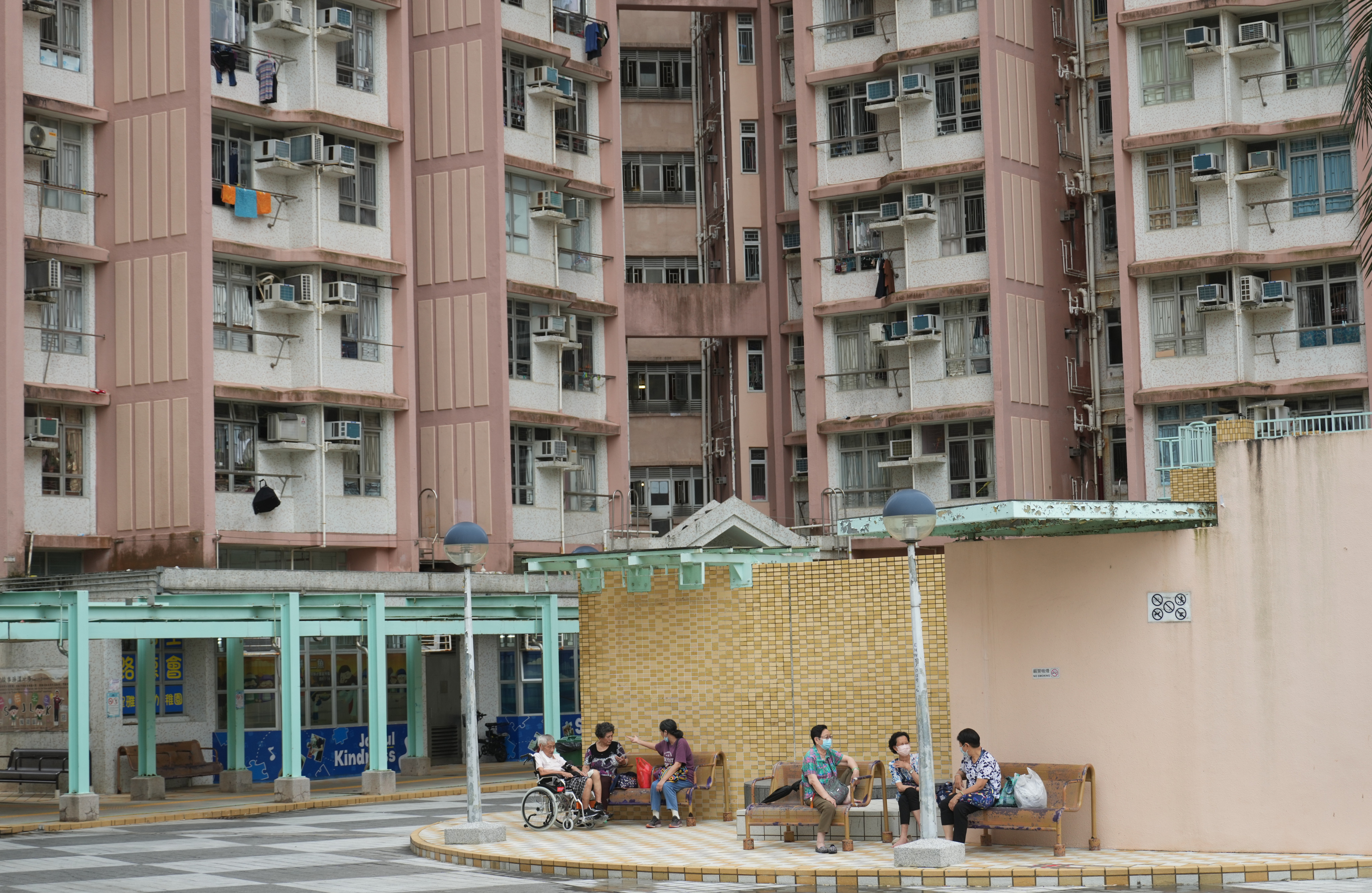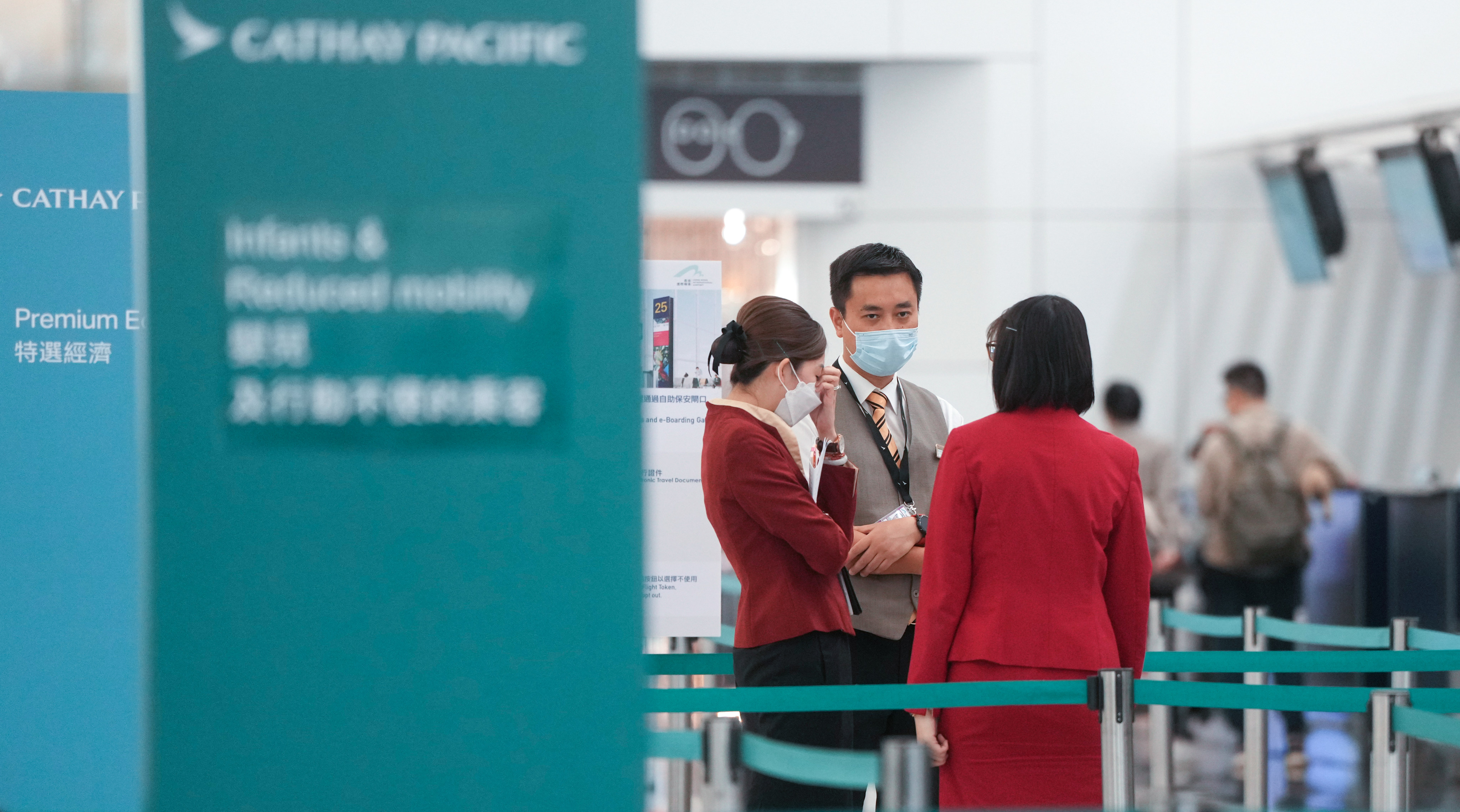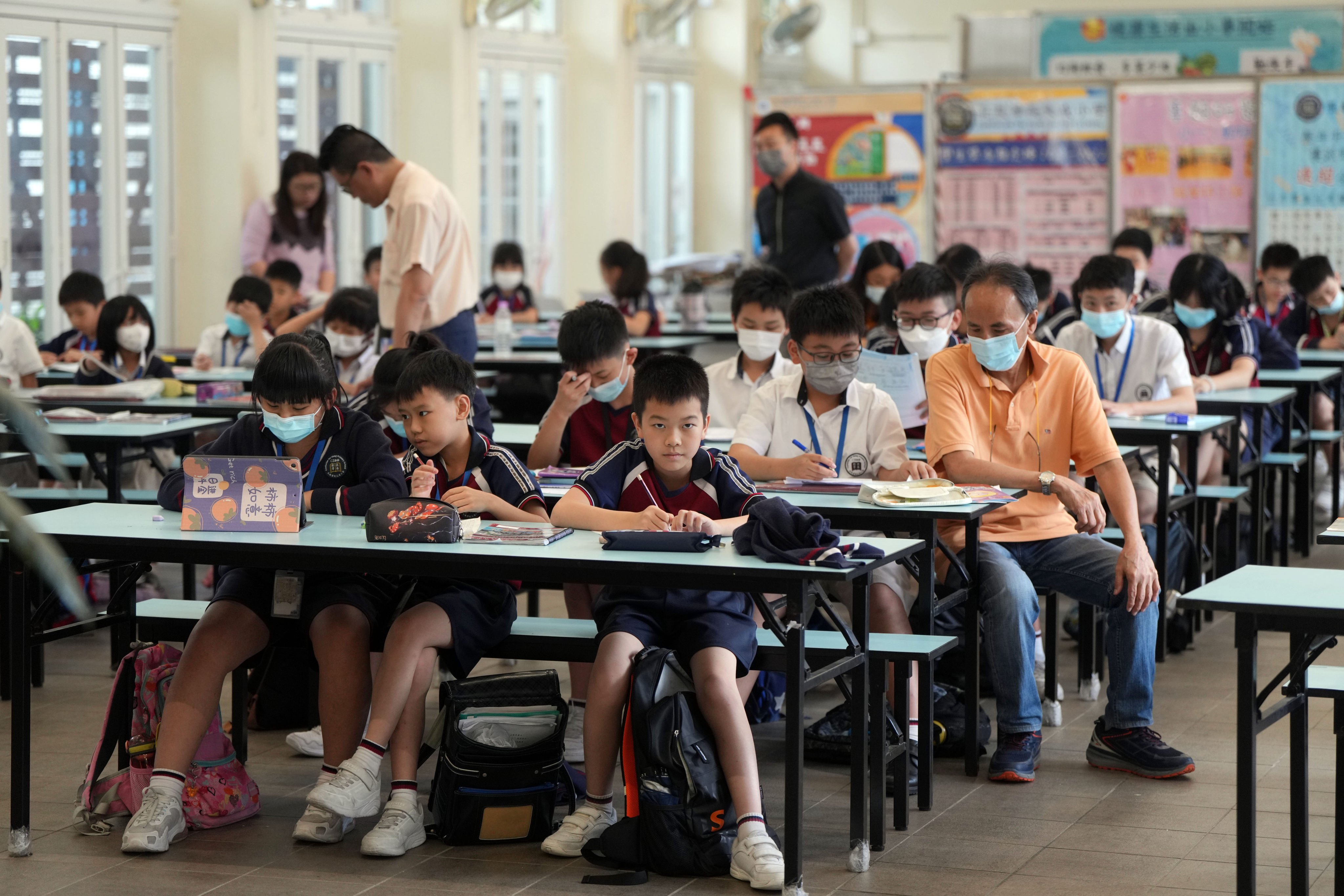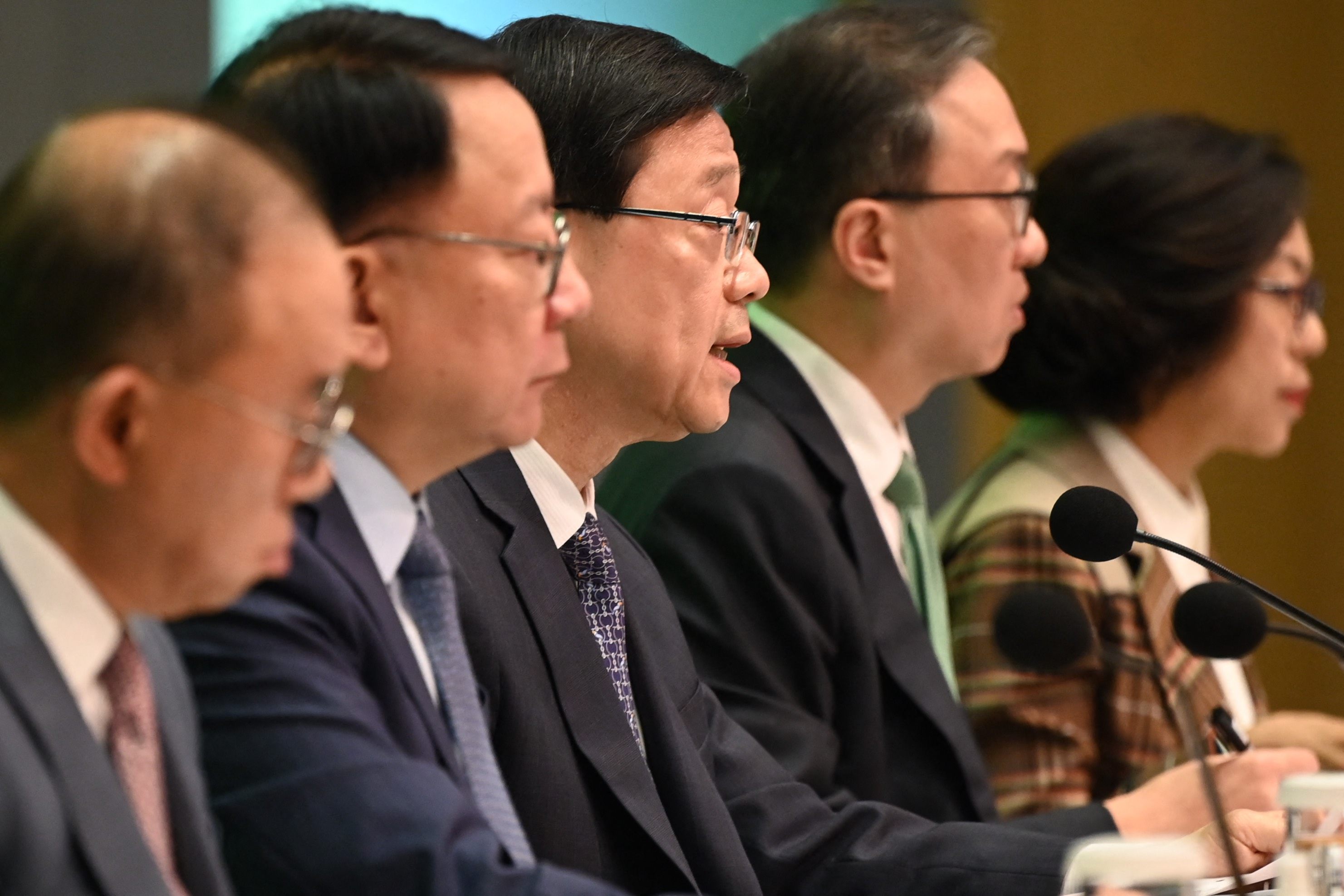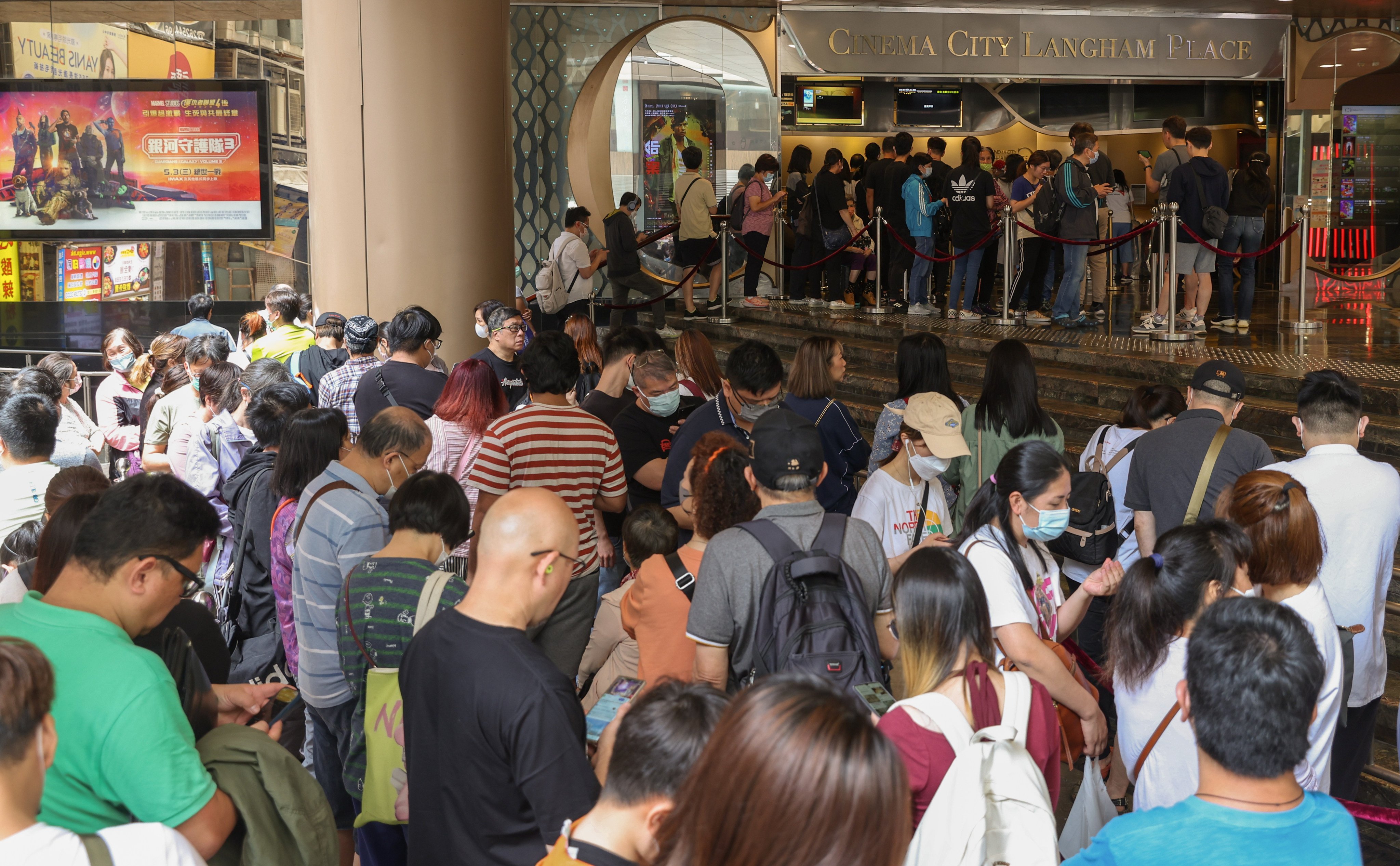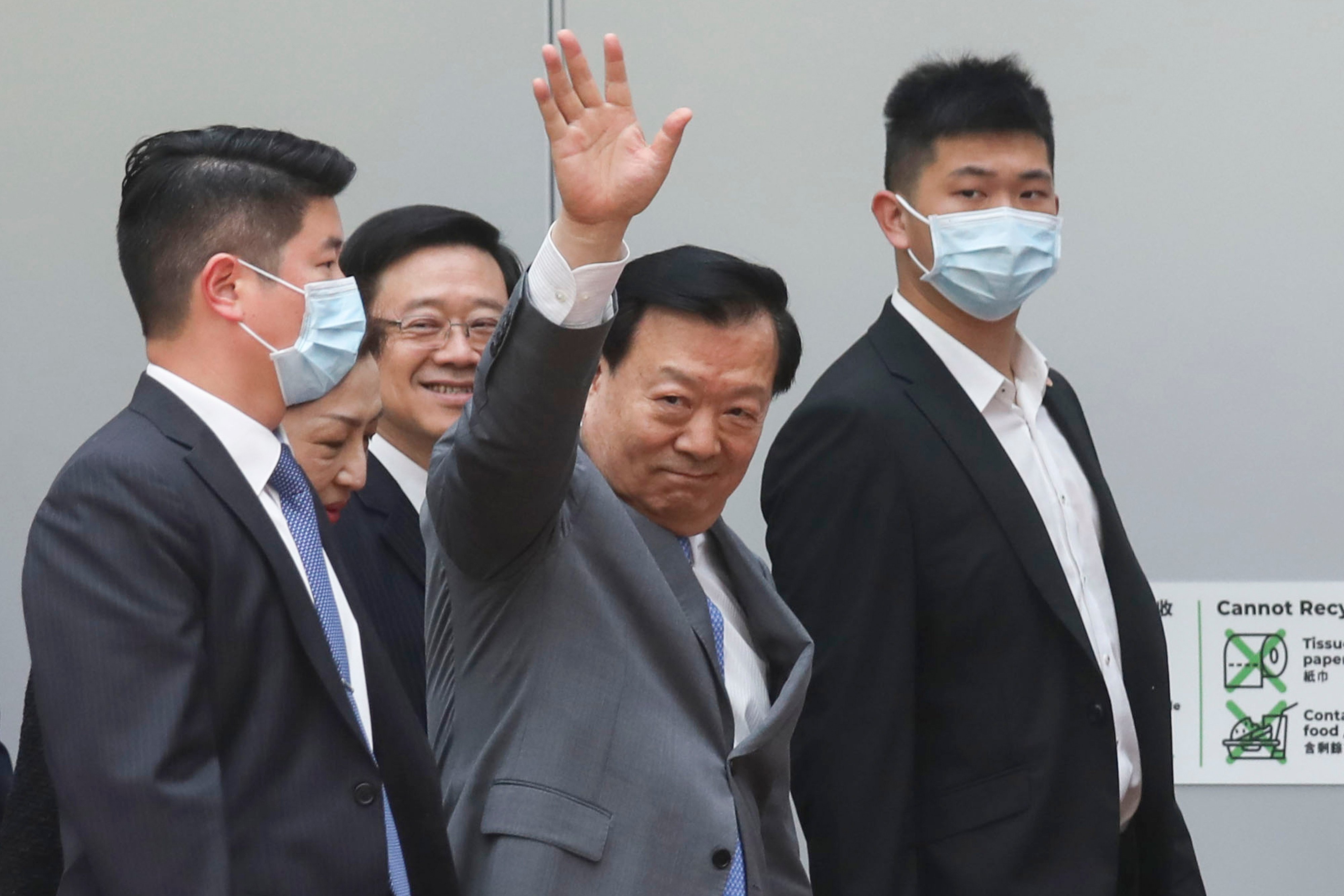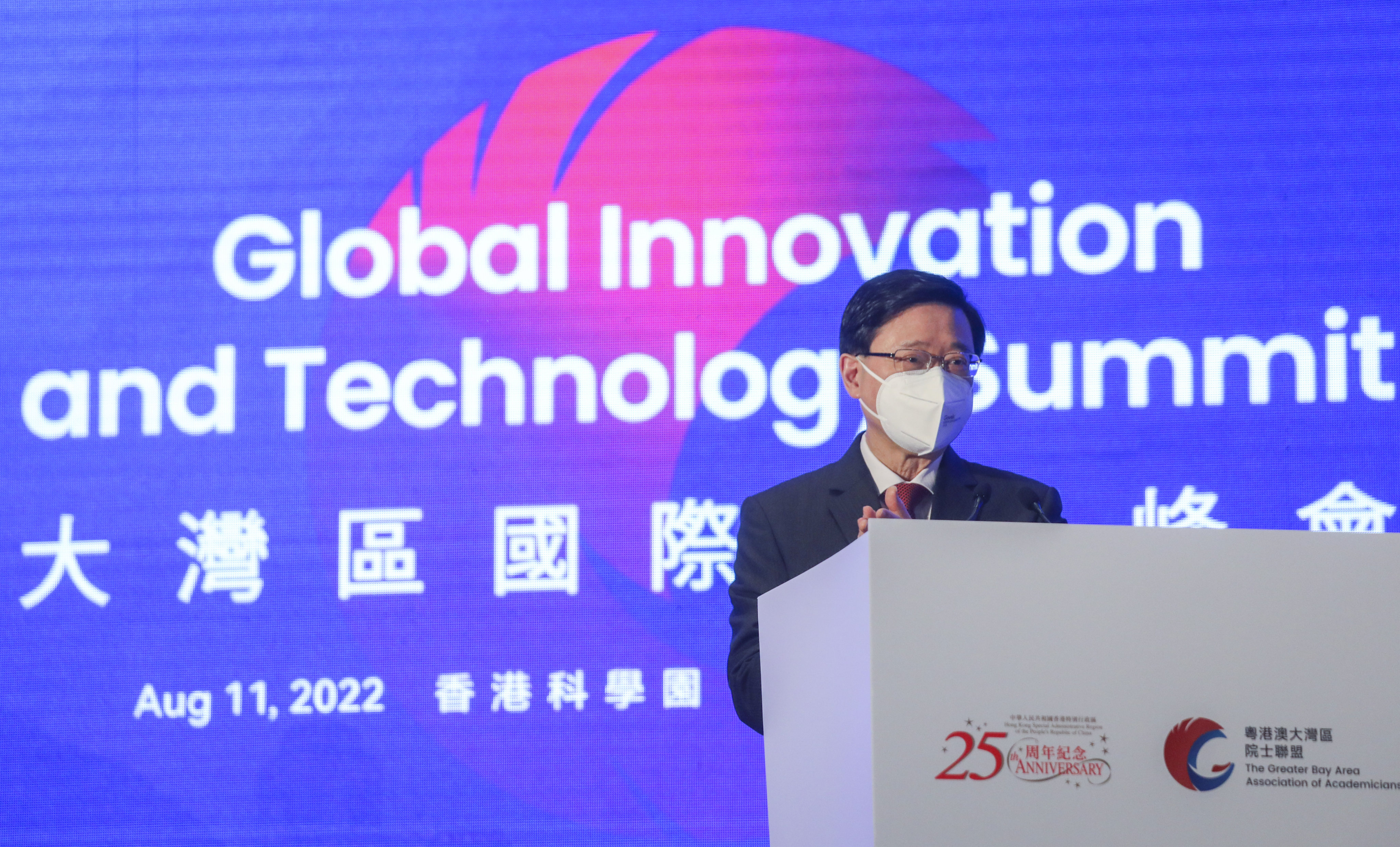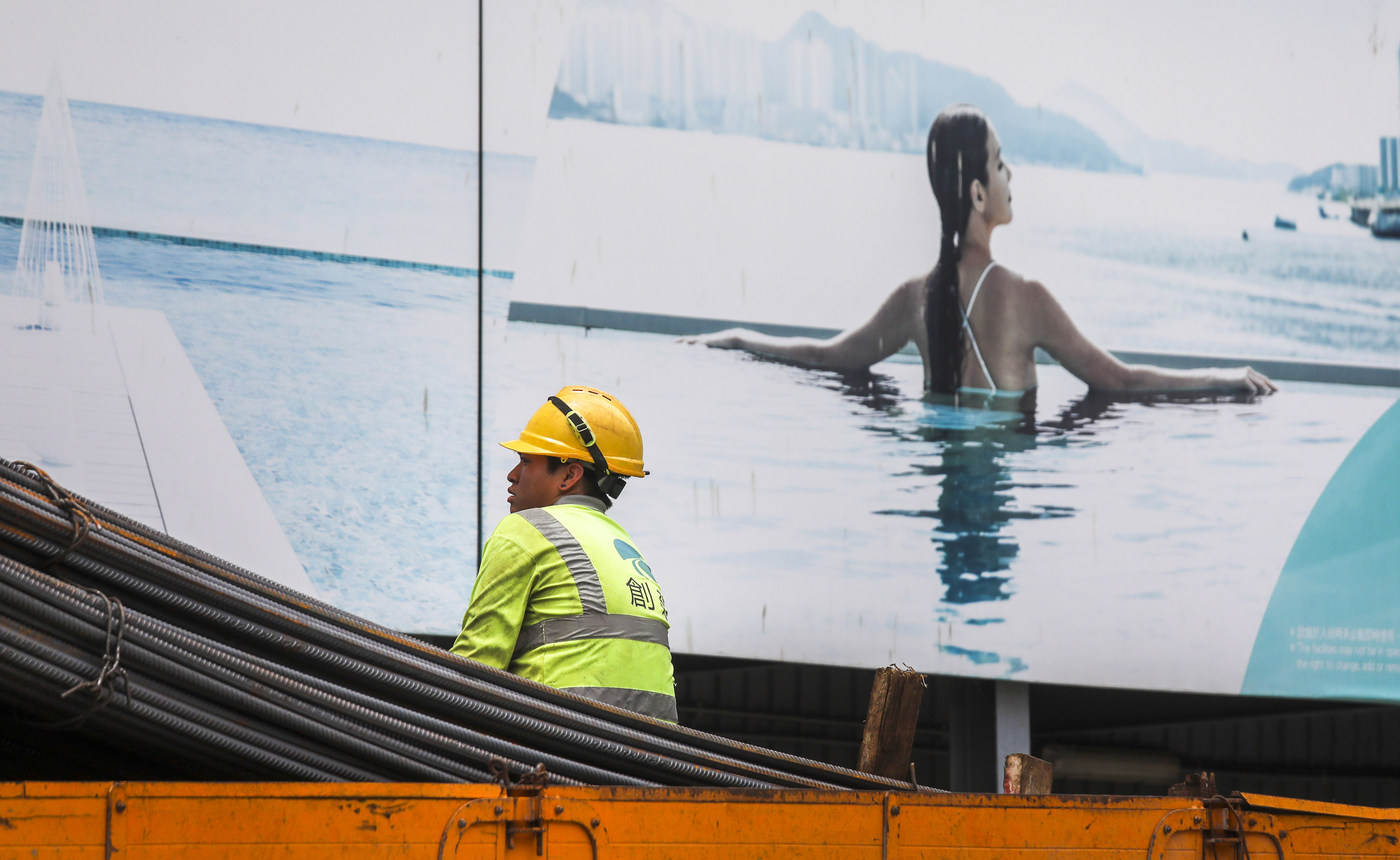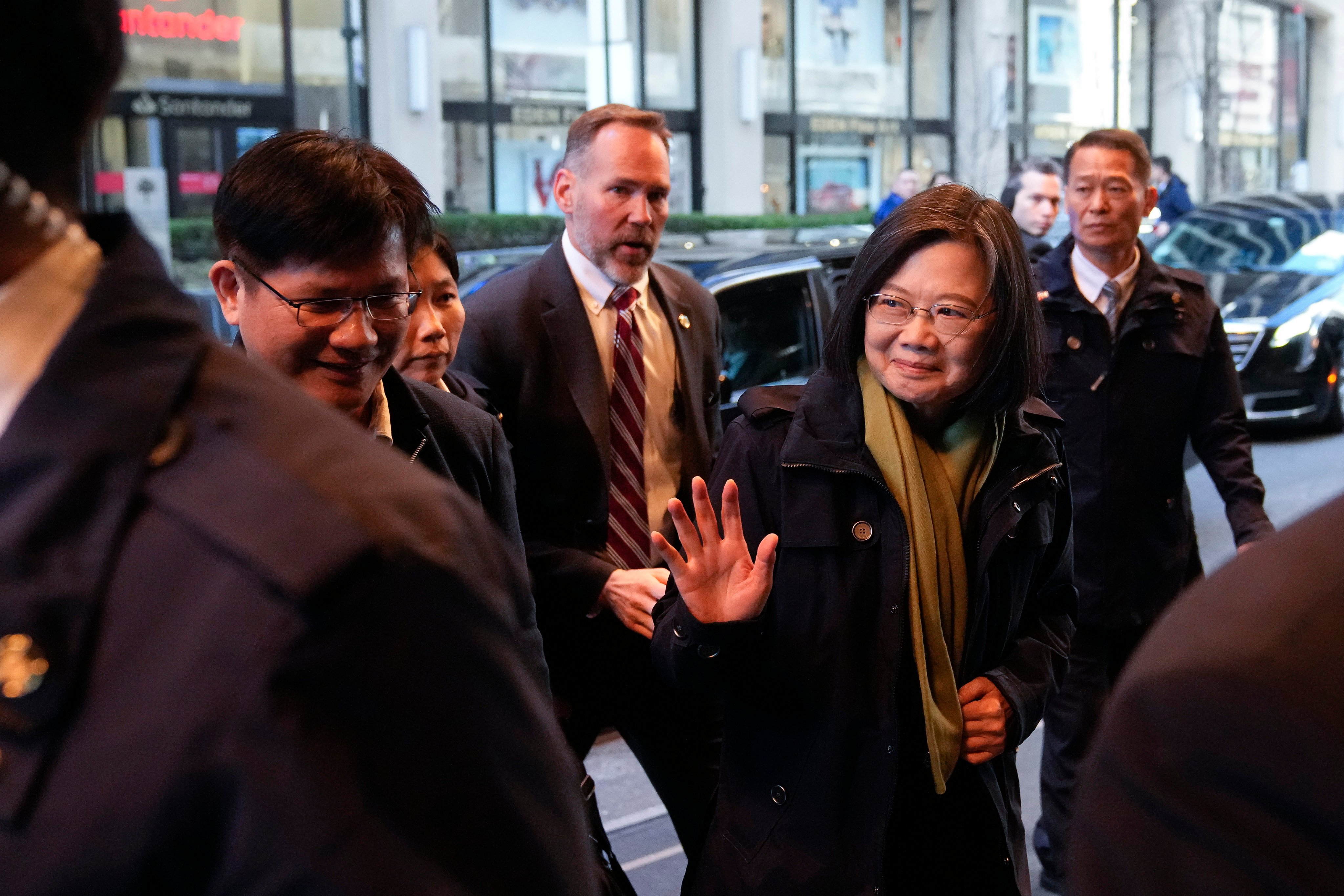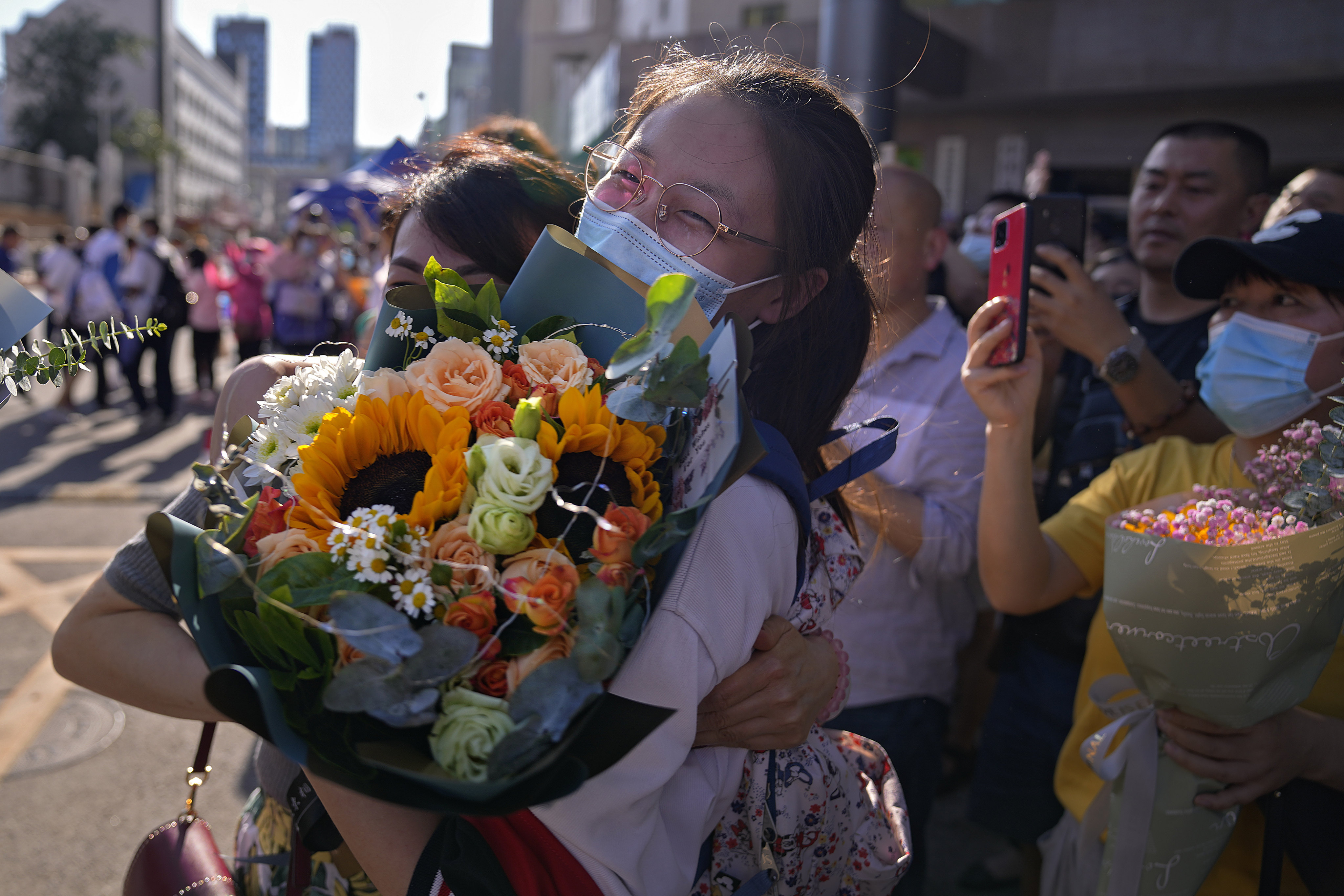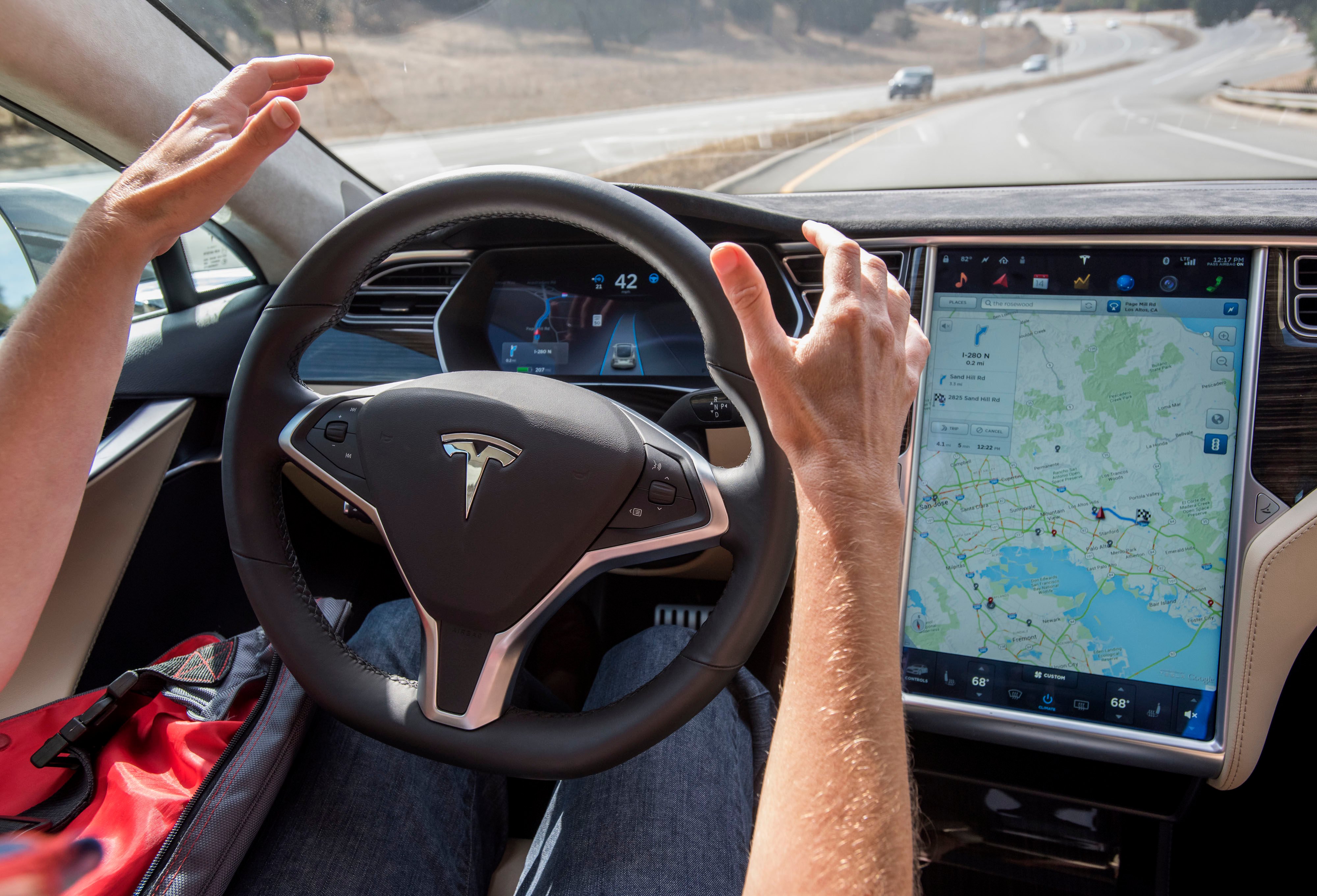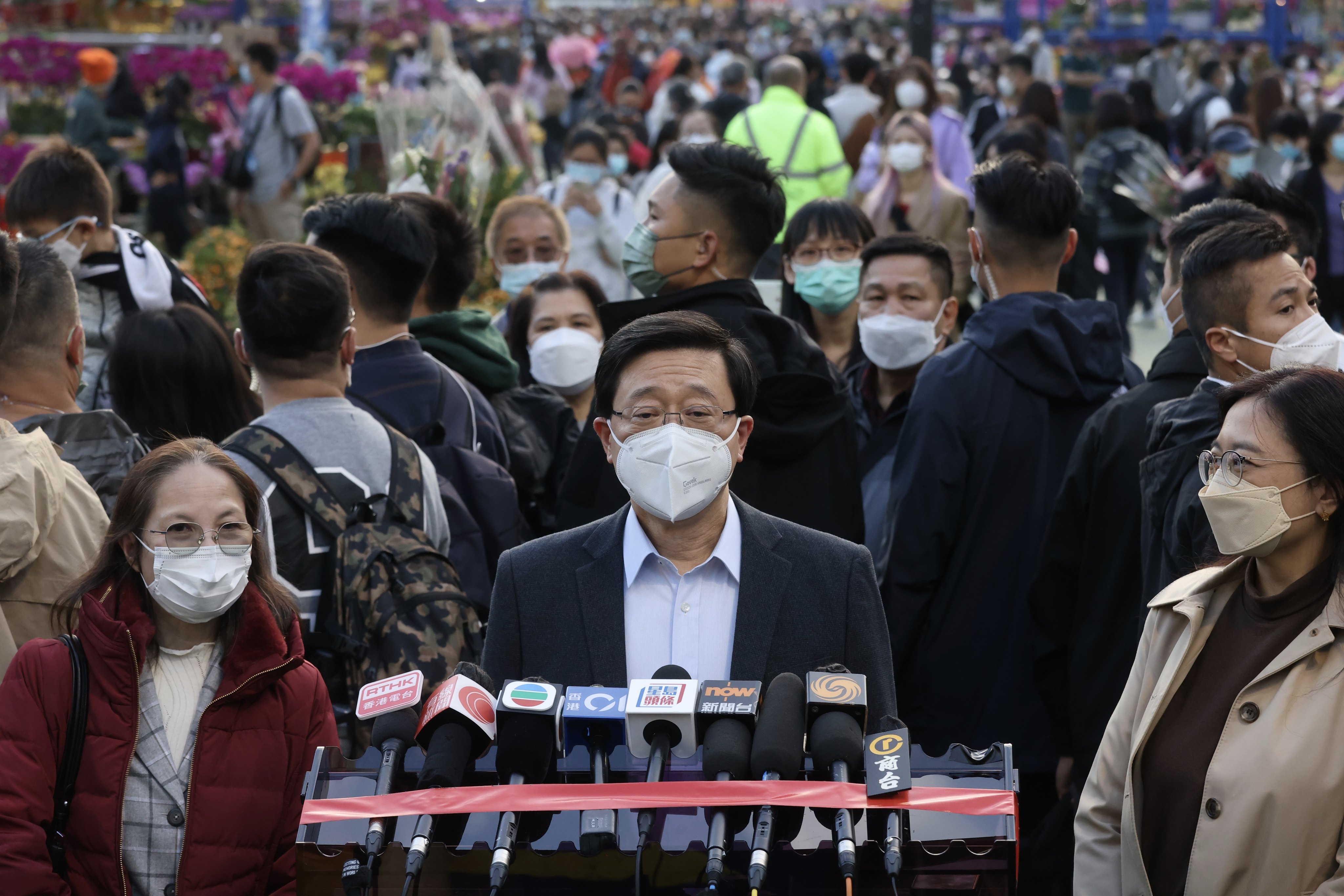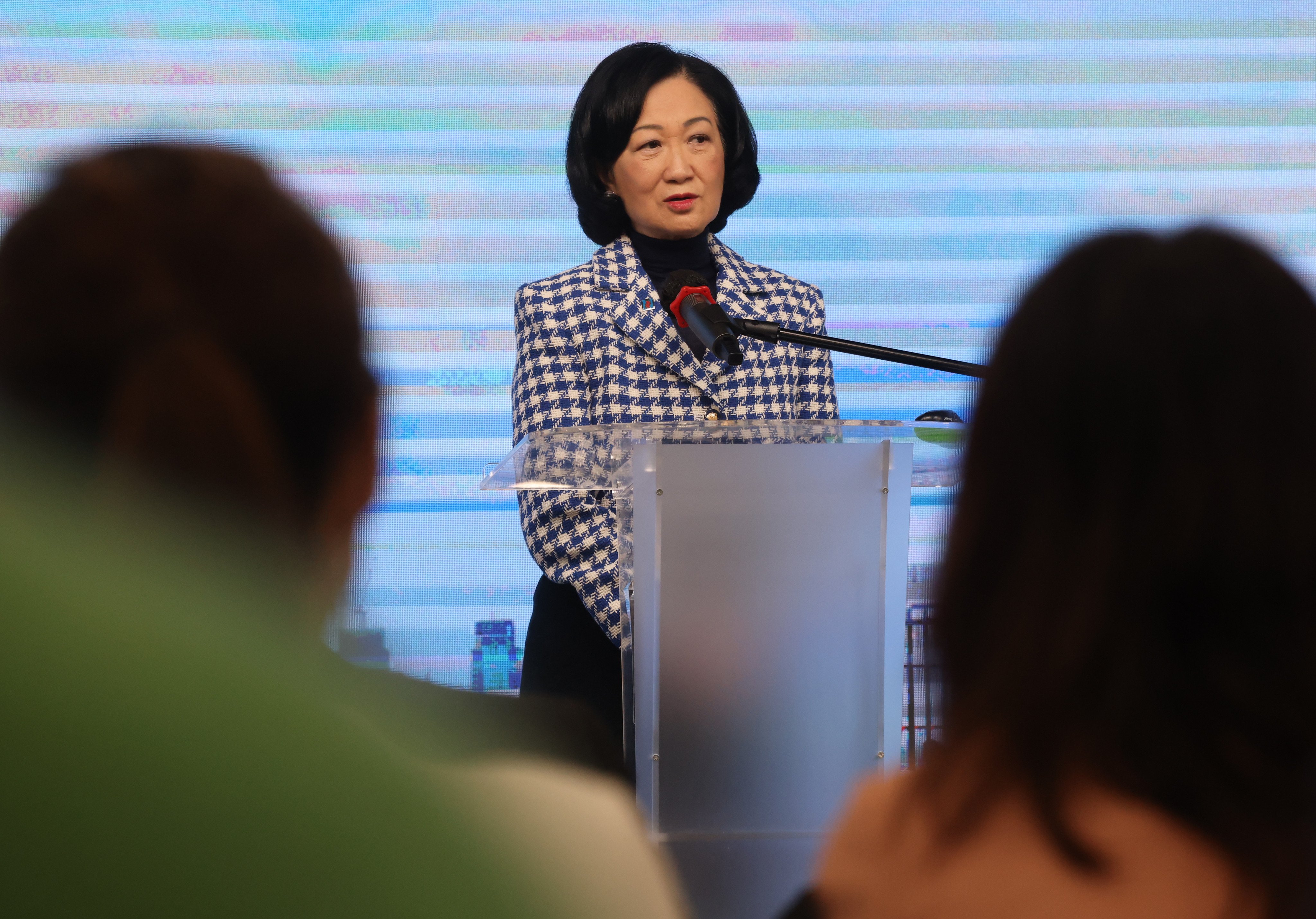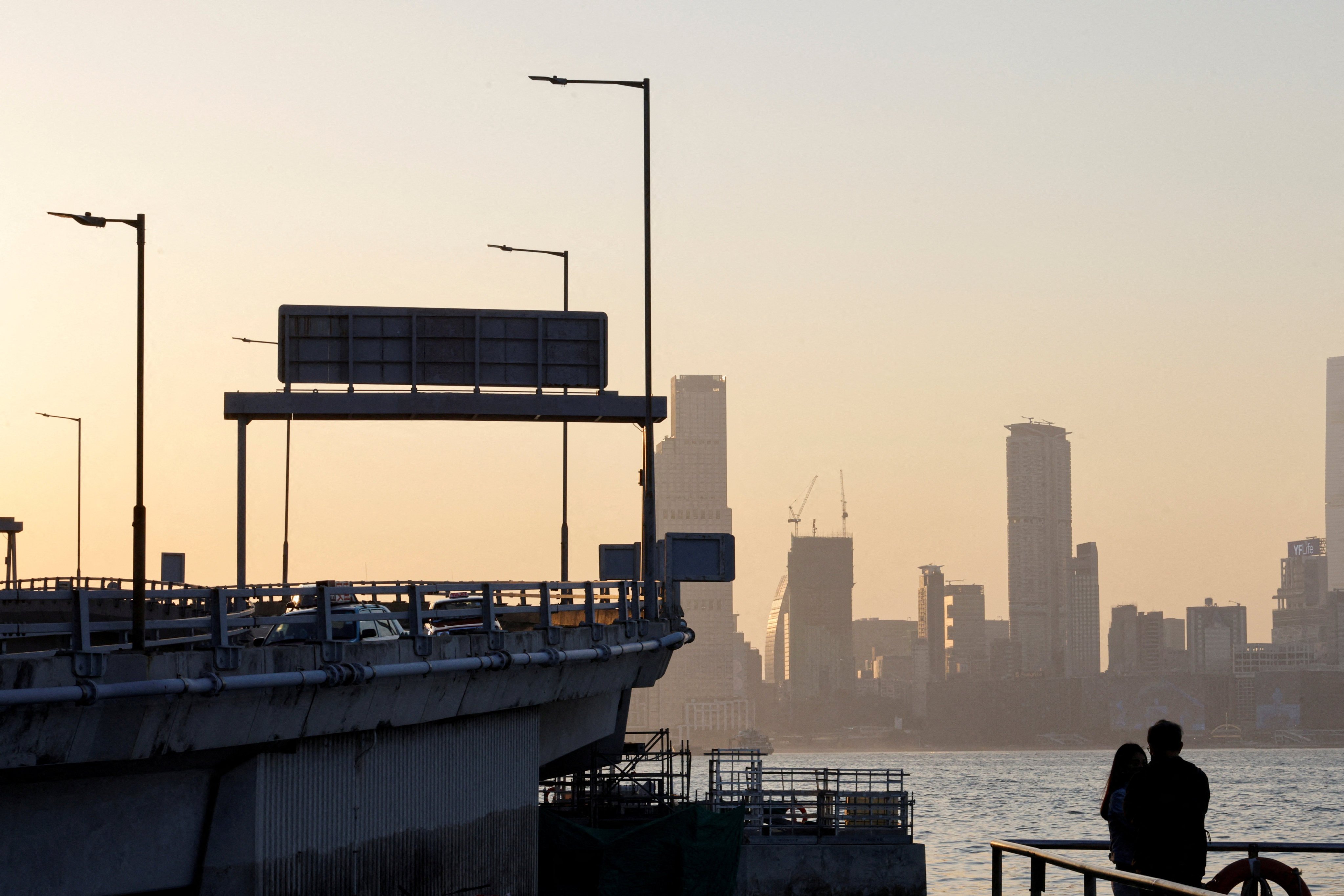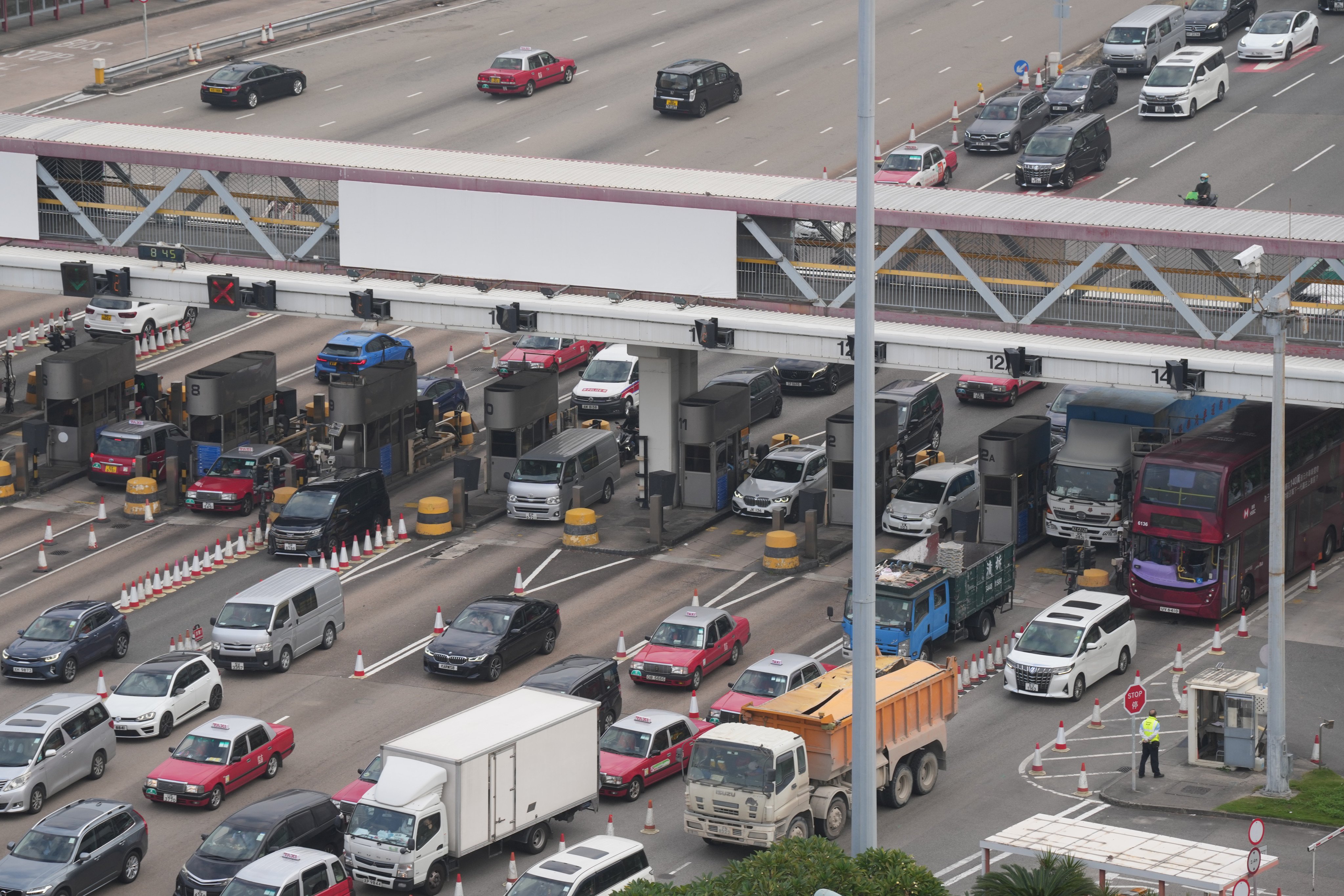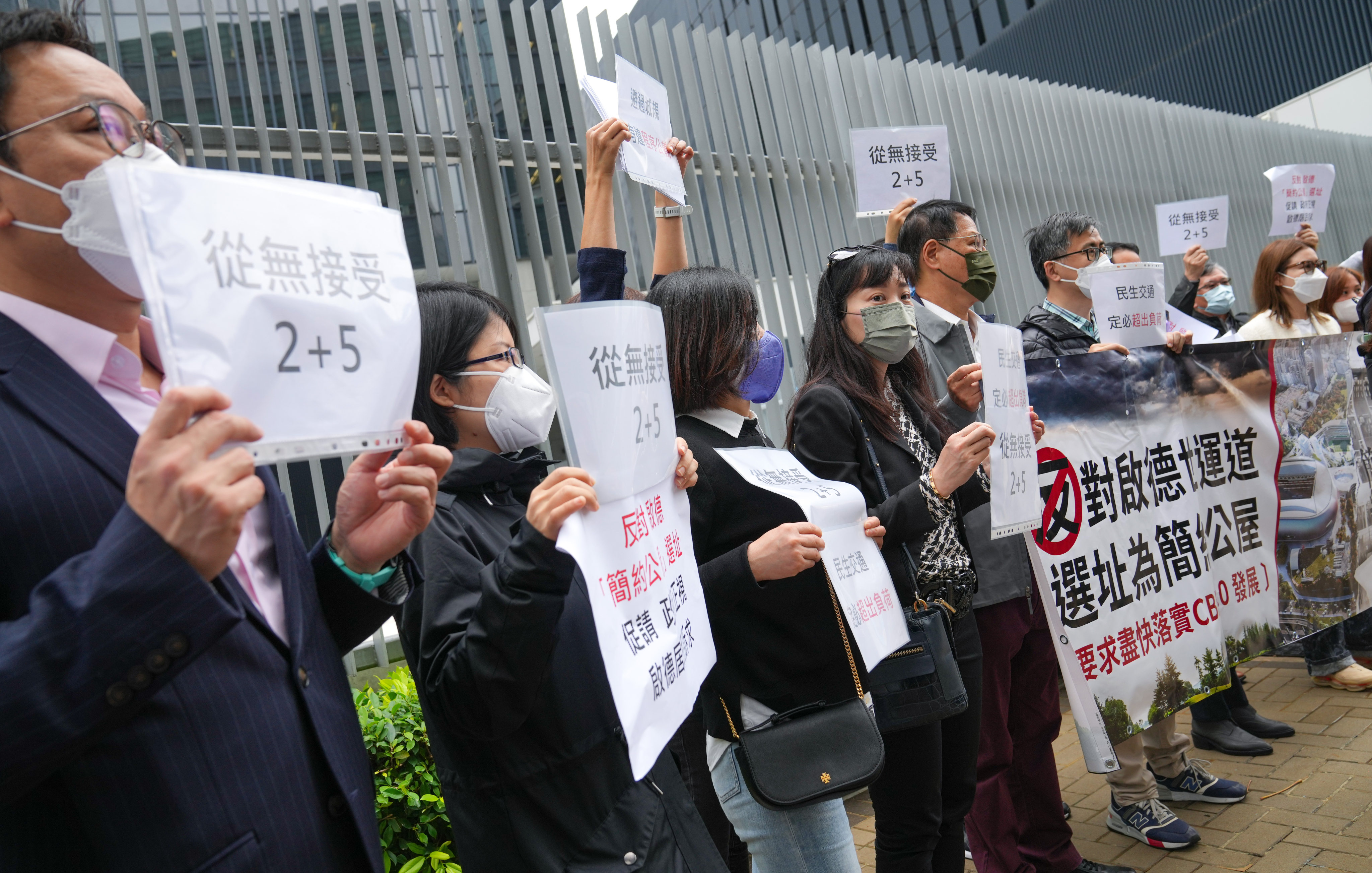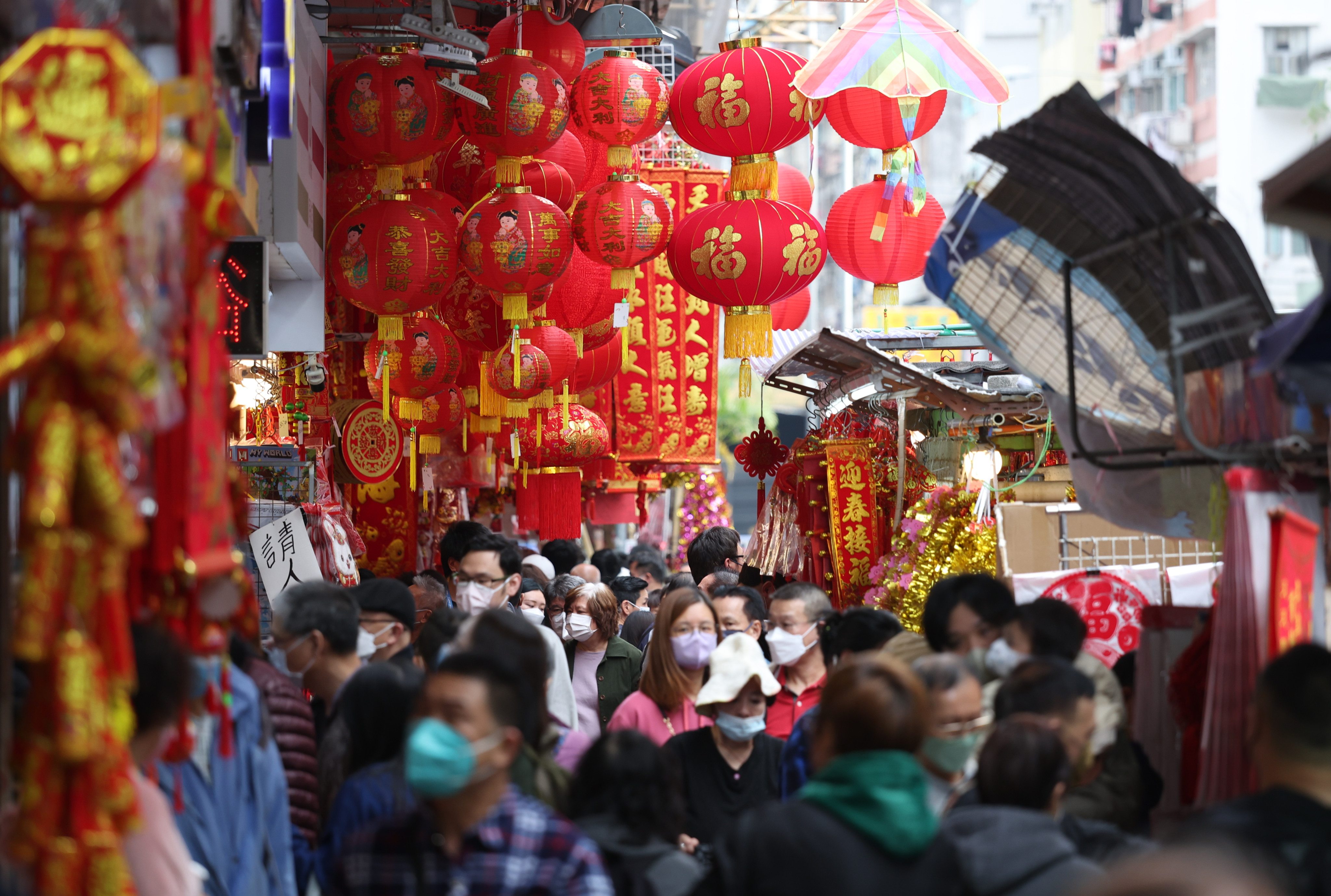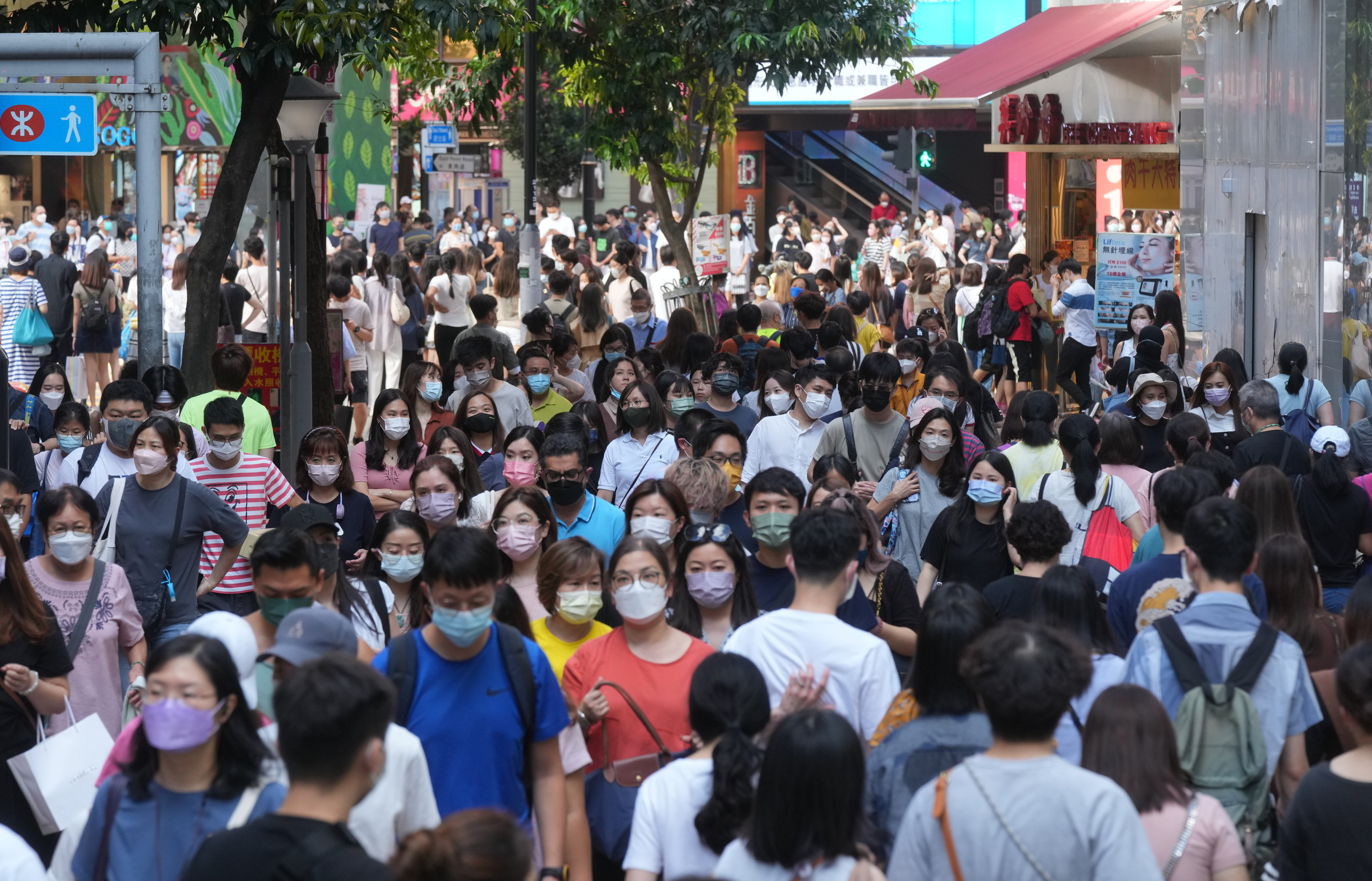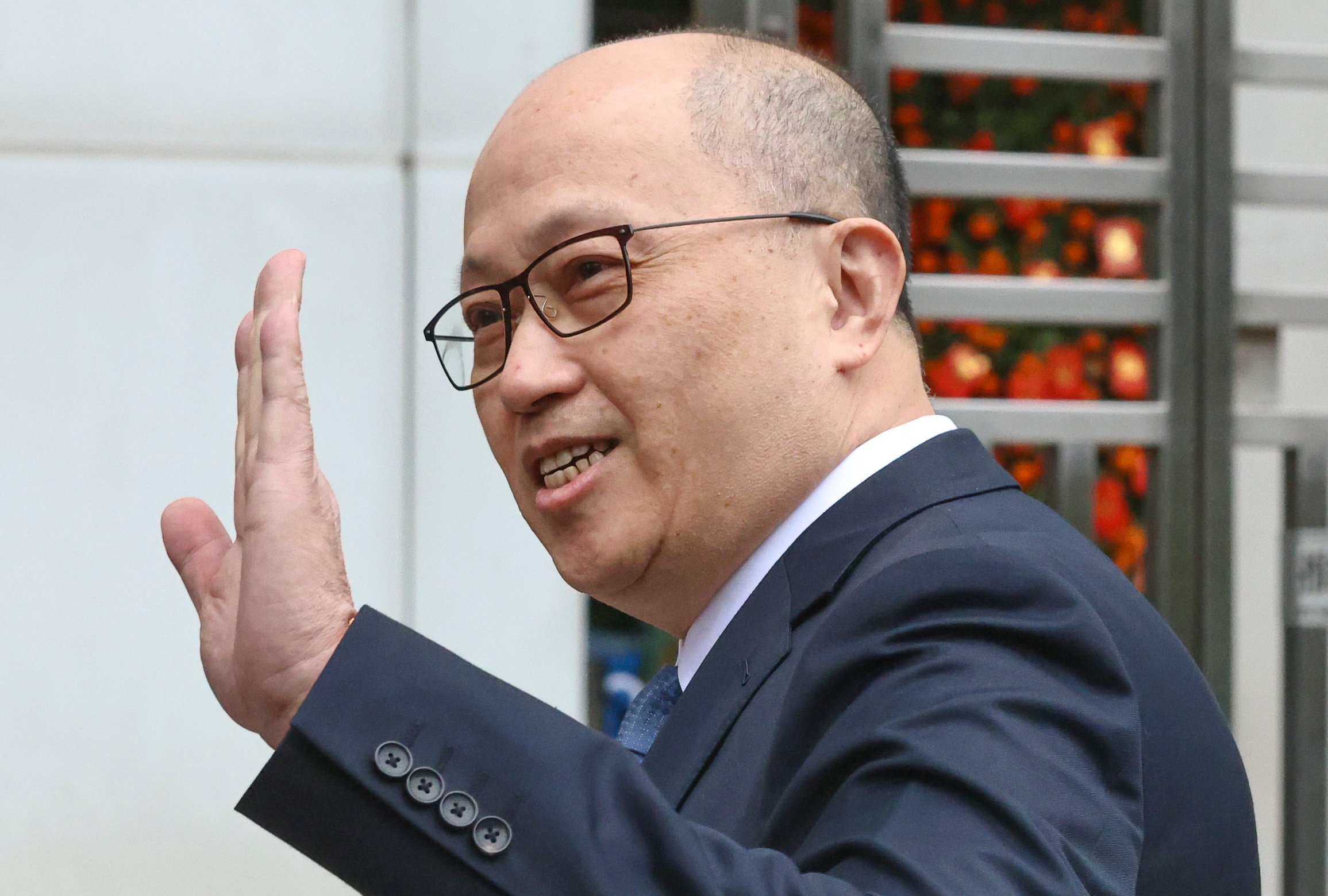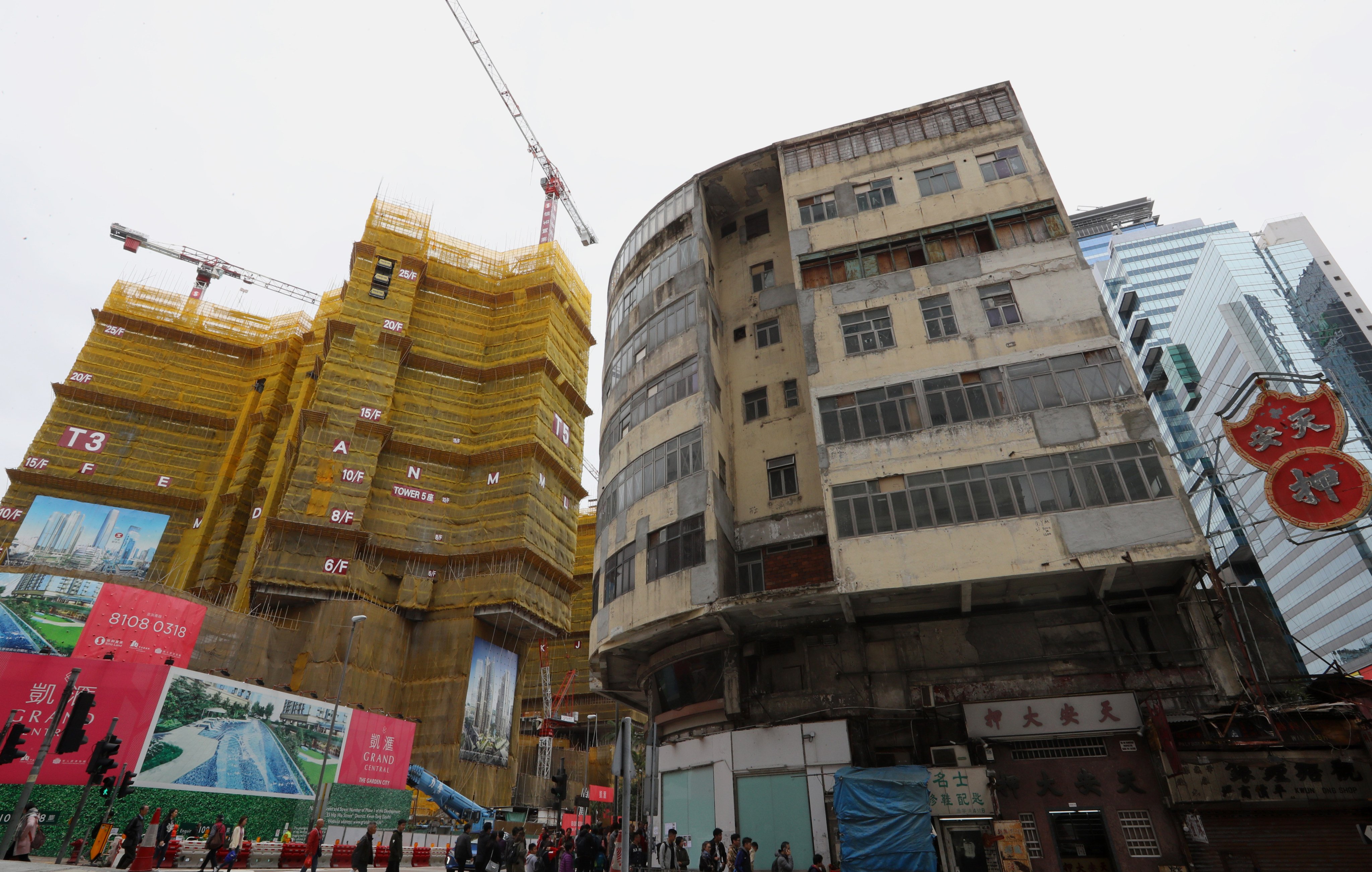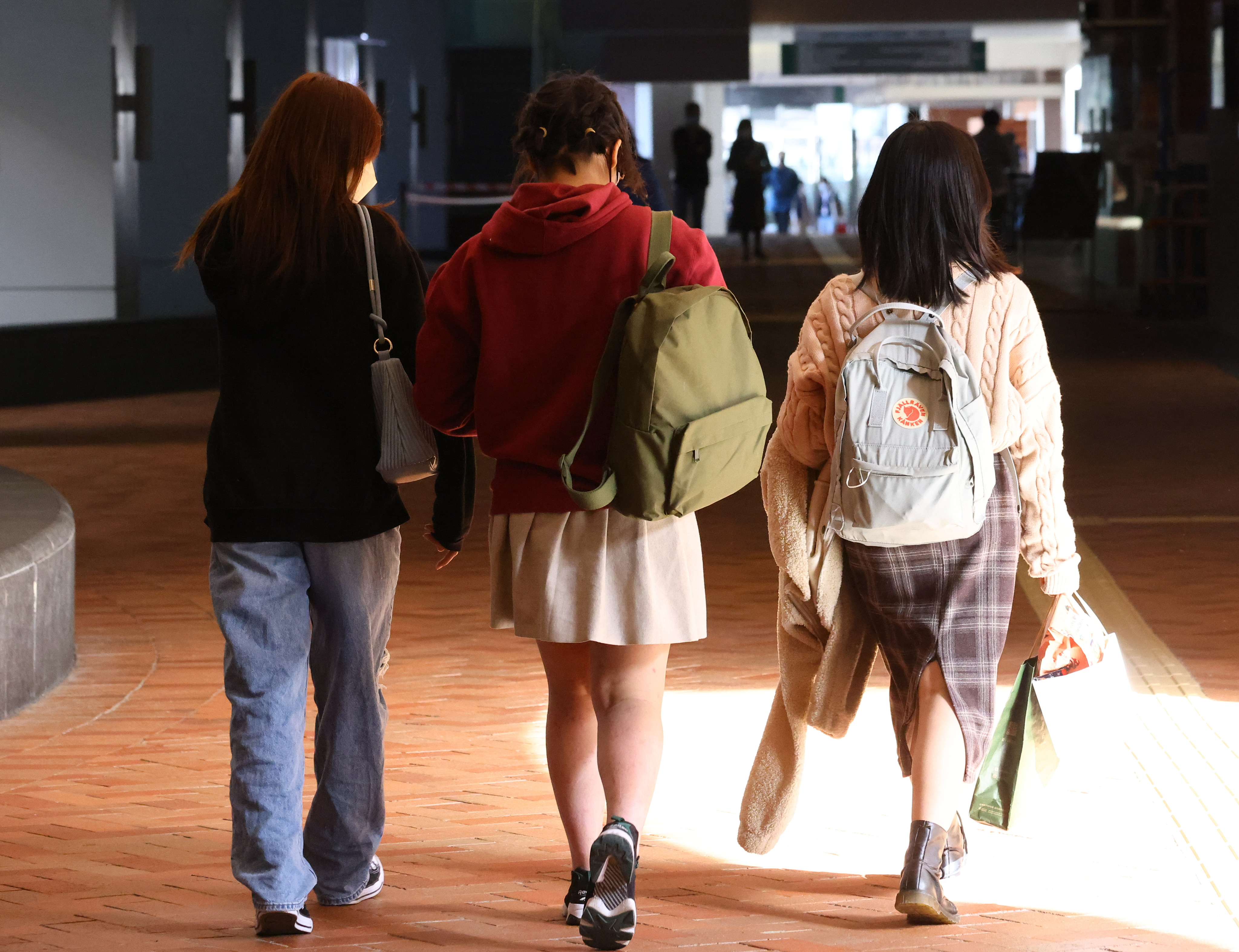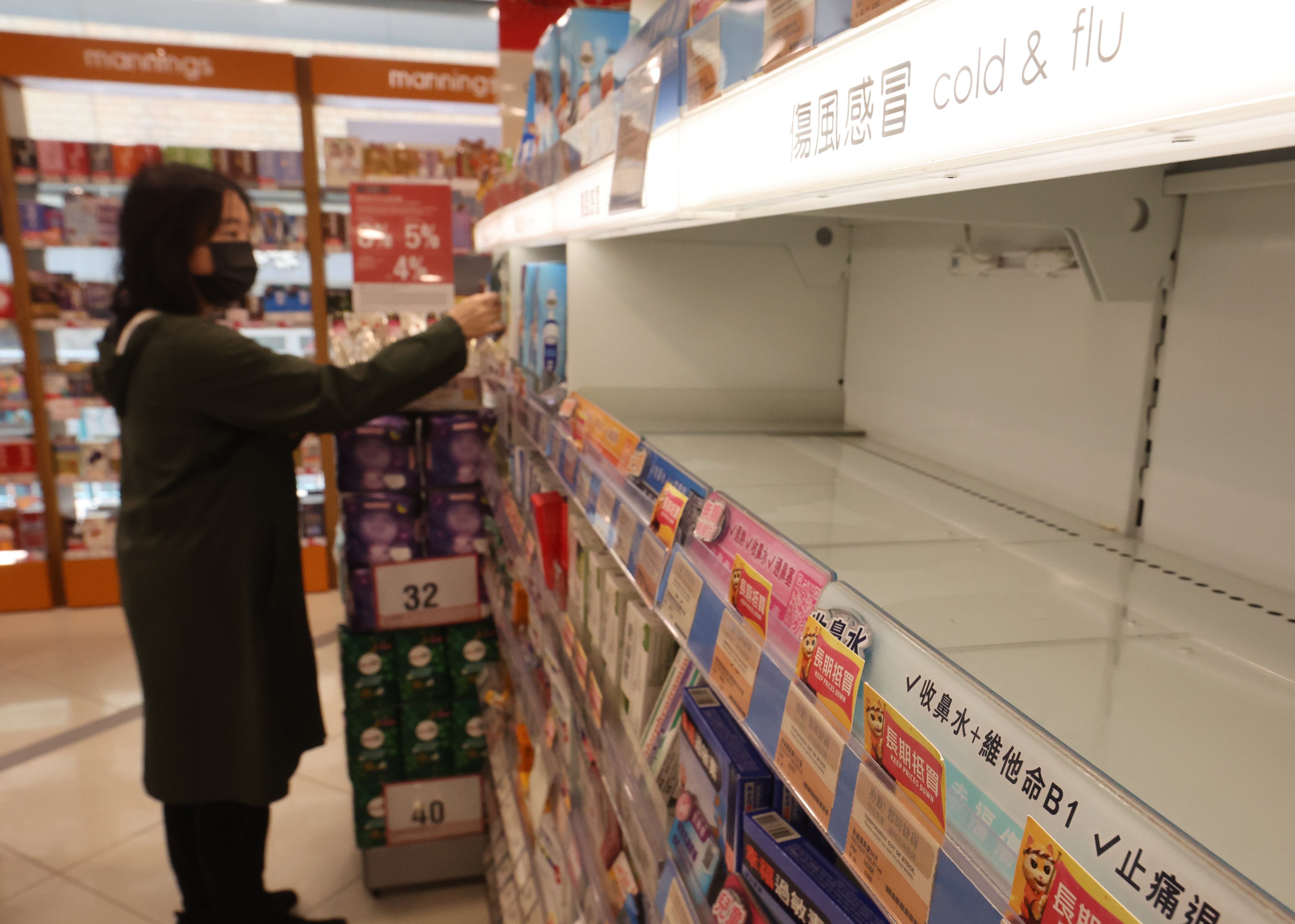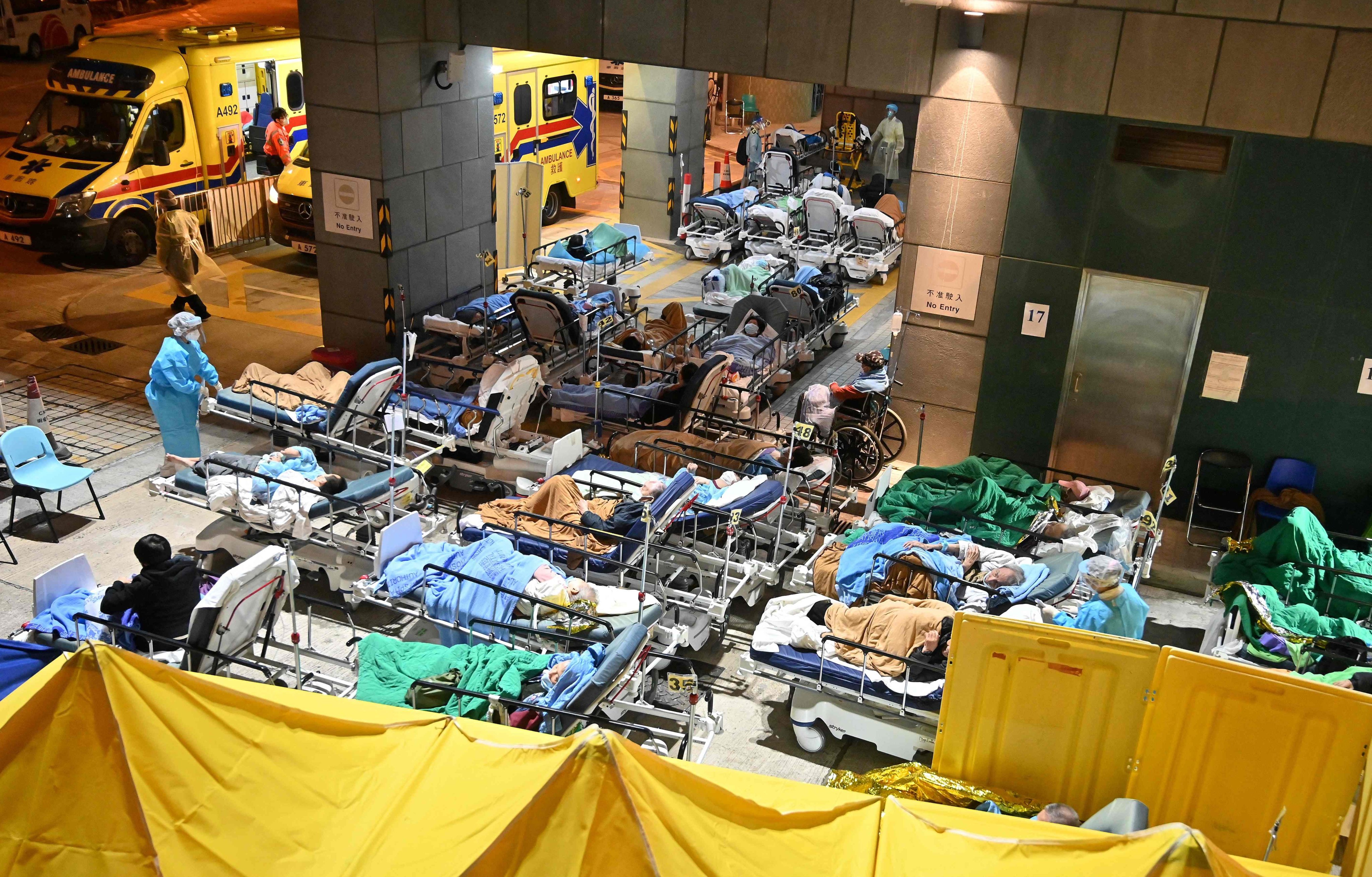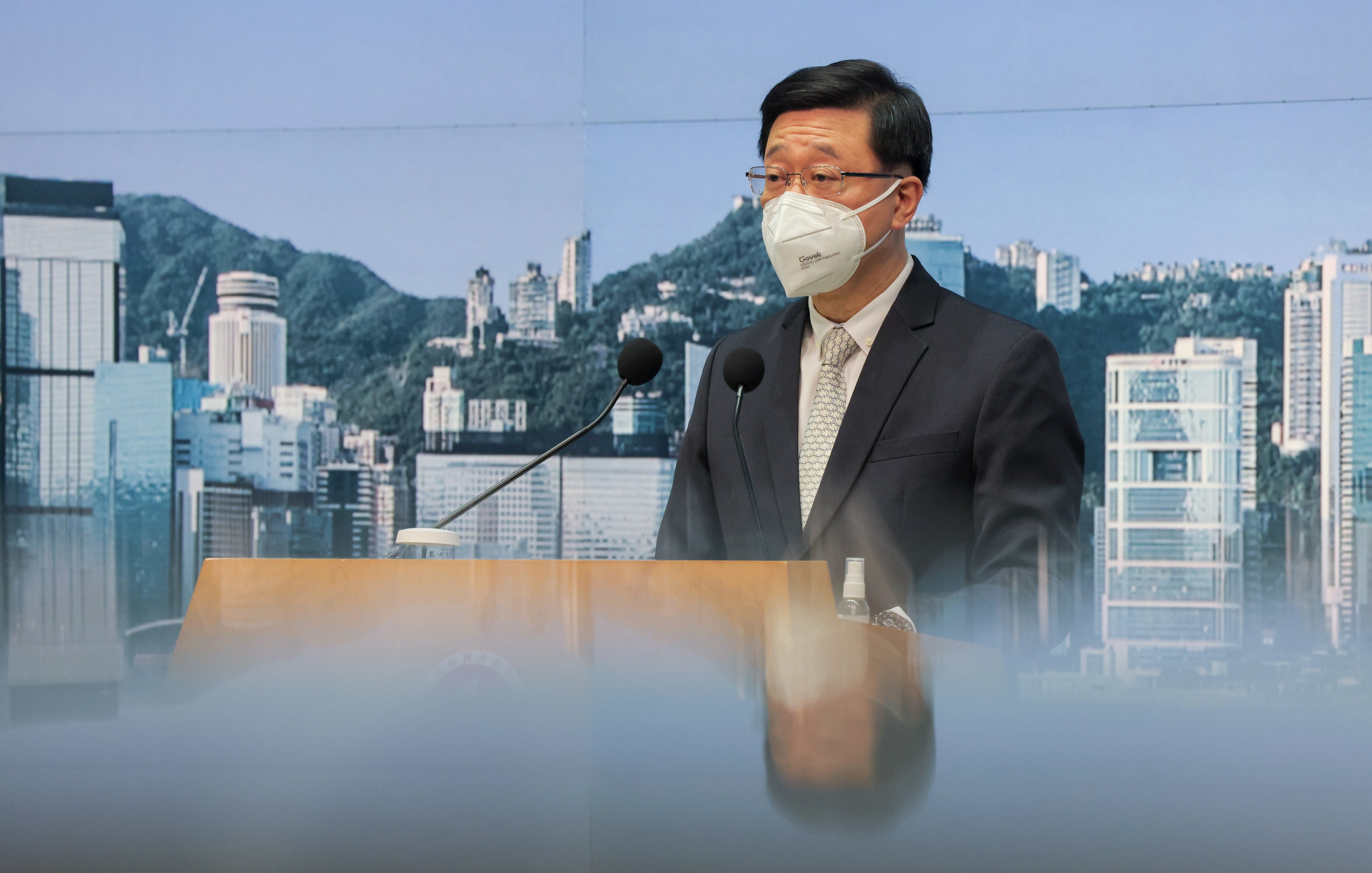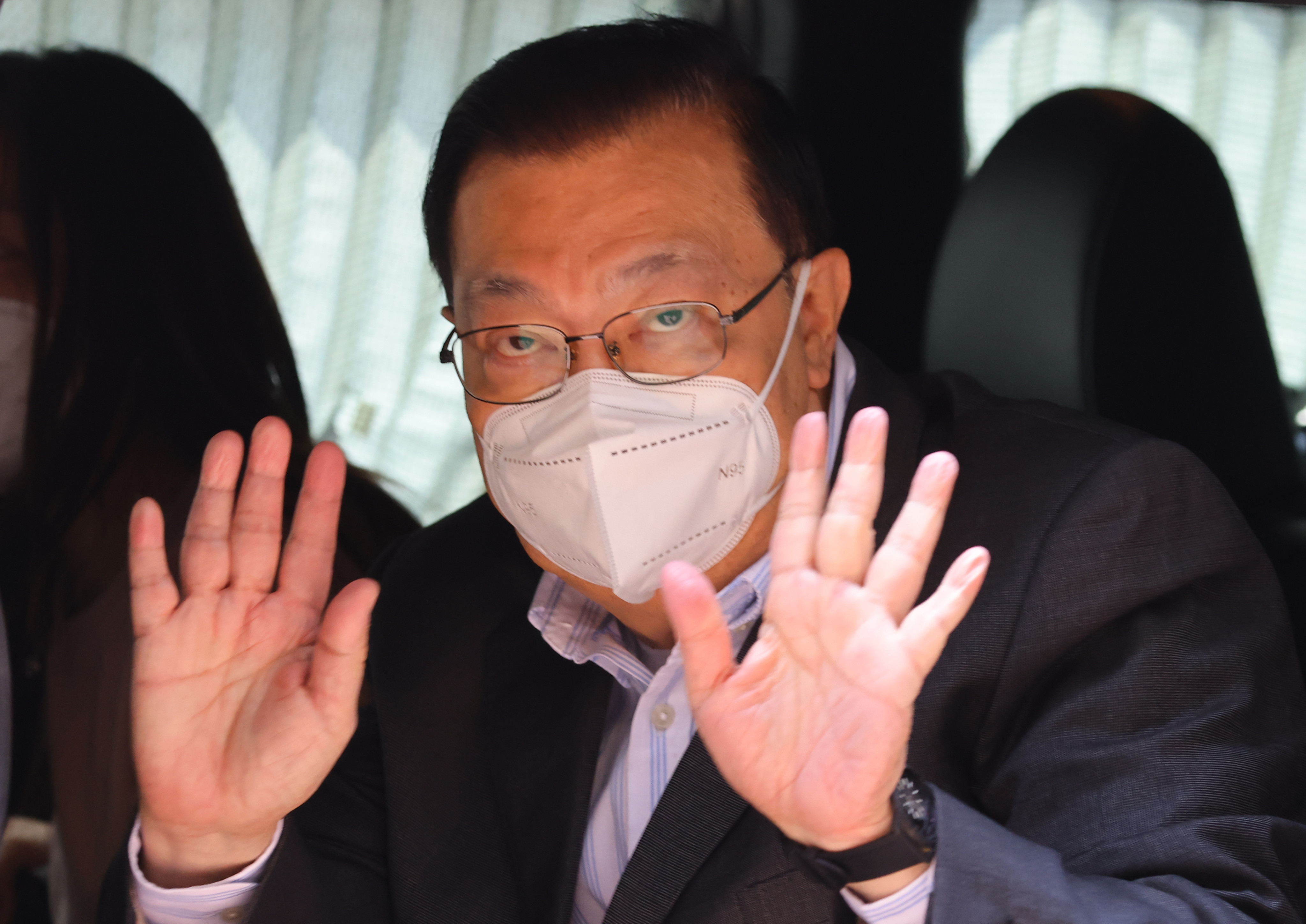
News of the central government’s draft patriotic education law has raised questions about how and to whom it will be applied in Hong Kong. While the city is unlikely to see a repeat of the protests held against national education, there is still be some unease over the proposed law.
Parody souvenir items alluding to mental illness have popped up online, following a string of violent attacks in the city. These items, and the mocking comments they draw, only serve to perpetuate the stigma that deters troubled individuals from getting the help they need.
Public hearings are an important part of the policymaking process as Hongkongers have a right to know the variety of views on government proposals. Being unresponsive to public concerns about projects, such as Lantau reclamation or golf course redevelopment, risks undermining efforts to promote harmony in Hong Kong.
Recent killings have put mental health, and the stigma associated with it, back in the spotlight and society needs to come together to deal with the traumas. Government efforts to address growing mental health concerns are welcome, but they don’t go far enough.
The tighter new rules aimed at curbing abuse of public rental housing and the Home Ownership Scheme may end up only addressing a handful of offenders. However, given the housing struggles of many in the city, injustice, even on a small scale, must be tackled.
While Cathay management engage in damage control, the incident is forcing Hong Kong to confront its culture of discrimination. Years of tensions between Hongkongers and mainlanders show that what John Lee calls the ‘culture and values of respect, courtesy and inclusiveness’ is just a comforting myth.
The government says it wants to ‘foster a supportive environment for childbearing’, yet at the same time it is closing schools. Rather than a crisis, the fall in student numbers is an opportunity to have smaller classes and fix the learning gap left by the pandemic.
A recent motion on promoting women’s development sparked important debate in a legislature that has been too quiet amid recent reforms. Unleashing women’s potential and encouraging them to work while having more children will require reshaping views and bringing the issue to the community.
The administration should have shut down ‘district councils’ altogether, given that its proposal to overhaul them will face little resistance in the Legislative Council. As it is, the government’s failure to rename and rebrand the district-level bodies has led to the criticism that the overhaul is a ‘regression’.
The free food and discounted movie tickets on offer are nice but do nothing to address the real problems plaguing Hong Kong residents. The city’s scalping industry is thriving, electricity and transport costs are rising and Hongkongers continue to face hazardous work conditions.
Xia Baolong’s visit is a taste of how Beijing-Hong Kong politics will work, with greater stability and efficiency. But there must be more assurance that people’s voices are heard and given due consideration.
Hong Kong’s need to diversify its economy has long been known, but efforts to develop innovation and technology have had mixed success. The tired old formula fails to take into account how the digital economy has reformed traditional business models. It’s time for officials to embrace change.
Any decision to import labour isn’t just a matter to announce to the media ahead of Executive Council meetings. Such decisions have far-reaching and irreversible consequences, and the government must take time and care to communicate with the public.
Offsetting Taiwanese president Tsai Ing-wen’s US stopover by her predecessor Ma Ying-jeou’s mainland visit is an incredible tag-team feat meant to head off a worst-case scenario. Engagement and holding fast to the 1992 consensus, however ambiguous it might be, leaves room for dialogue rather than confrontation.
As middle-income economies surpass high-income ones in happiness levels in Ipsos’ latest survey, Hong Kong may need to look beyond GDP to boost contentment. Mainland China topped Ipsos’ list, with respondents citing relationships with family and friends as their top drivers of happiness.
Much like GPS made reading maps a less useful skill, the rise of ChatGPT and AI chatbots risks tamping down our creativity in favour of safe answers. The issue is not whether AI is good or bad but whether parents, educators and leaders are doing their job to open young people’s minds.
The chief executive pictured surrounded by women officials makes for a nice social media post for International Women’s Day. But celebrating women, supporting their needs and efforts to give them a seat at the policymaking table must extend beyond an annual celebration.
Veteran legislator Regina Ip, who has achieved numerous ‘firsts’ for women throughout her career, has never shied away from taking a stand. More recently, newcomer Doreen Kong has been distinguishing herself as the voice of reason.
Increased dependence on the government lets it off the hook for not getting on with addressing the city’s deep-rooted problems. Now without the balm of handouts, the government has to take on the painstaking work to revive our economy and support households with children.
The hasty announcement and last-minute scramble to postpone the electronic toll payment system was just one of several recent bungles. The lack of planning and problem-solving skills on display does not inspire confidence, and neither does the weak attempt at excusing the postponement.
The speed with which the government and legislators moved forward on Kai Tak light public housing disrespects the process of listening to Hongkongers’ concerns. If engaging the public and raising people’s concerns in Legco gets cut out for the sake of speed, public distrust of the government will snowball.
If Hong Kong’s new campaign to lure back visitors appears to say nothing new, that’s because residents already know what makes the city great. So why doesn’t the government focus on uplifting and engaging its people to sell Hong Kong to the world? After all, no one else could do it better.
Consumption vouchers were an exceptional measure to get people through difficult times – times which are thankfully coming to an end. Instead of handouts, we should be investing our limited reserves into bringing people, businesses and profits back to our newly reopened city.
During his tenure as liaison office director, Luo Huining was tasked with restoring order to Hong Kong after the chaos of 2019. His departure is the sign of a job well done, and new appointee Zheng Yanxiong can focus on building stronger ties with the mainland.
The prospect of multiple large land sales being withdrawn over lack of interest from developers is a reminder that Hong Kong’s recovery will not be easy. It seems rash not to revisit the government’s development blueprint given the evidence at hand and examine some of the underlying assumptions.
The newly unveiled plan – the result of extensive consultation – covers everything from affordable housing to cultural exchanges for young people. What remains to be seen is whether the measures can resolve the crisis of confidence many youngsters are experiencing.
Unhappiness about painkillers being sent to the mainland amid a local shortage and mainlanders looking for vaccines in Hong Kong risk raising cross-border distrust. The government must defuse these tensions quickly.
As much as Hongkongers are sick and tired of Covid-19, 2022 was the year when we finally managed to reckon with the virus and get it under control. It’s now time for the government to address the lingering issues from the pandemic.
Lee wasted no time in leveraging on the mainland’s easing of pandemic restrictions to remove most of Hong Kong’s remaining curbs. It seems he has won Beijing’s support – but he must trust his own team, too.
Legislative Council by-elections used to be a big deal, but now the election of deputies to the National People’s Congress garners much more interest. The political credentials of being trusted by Beijing to take part in national policy and affairs make it attractive to local political and business elite.

